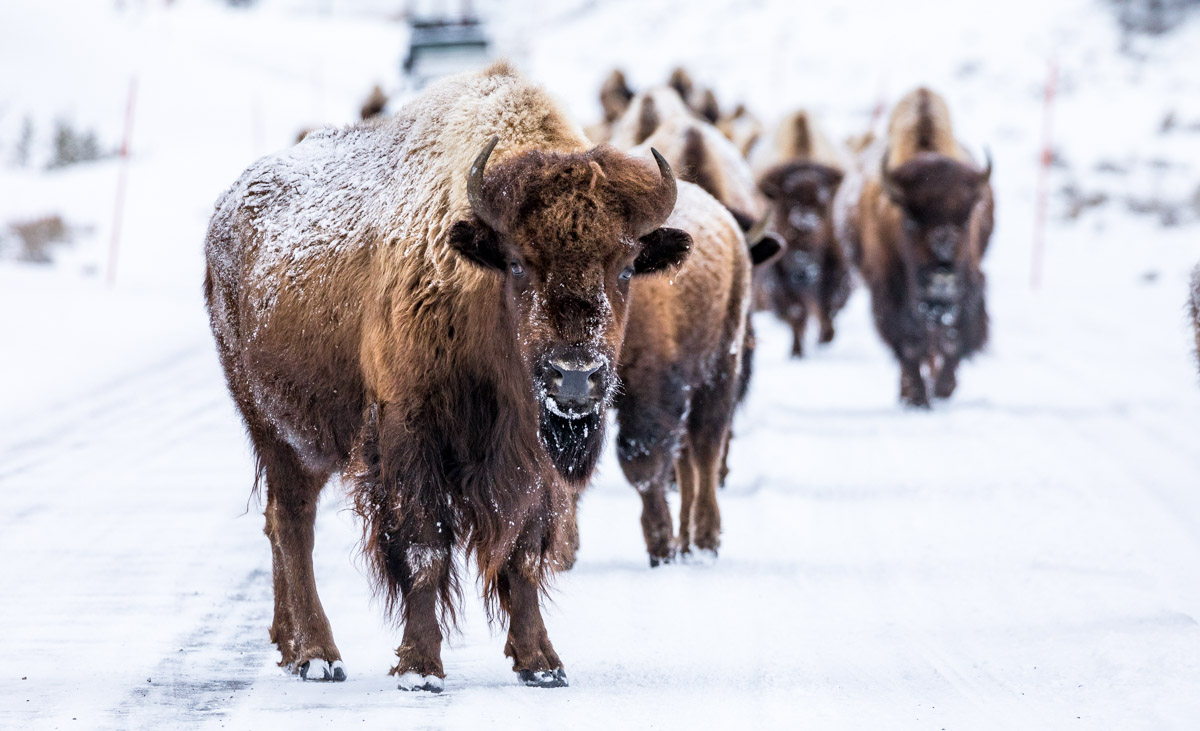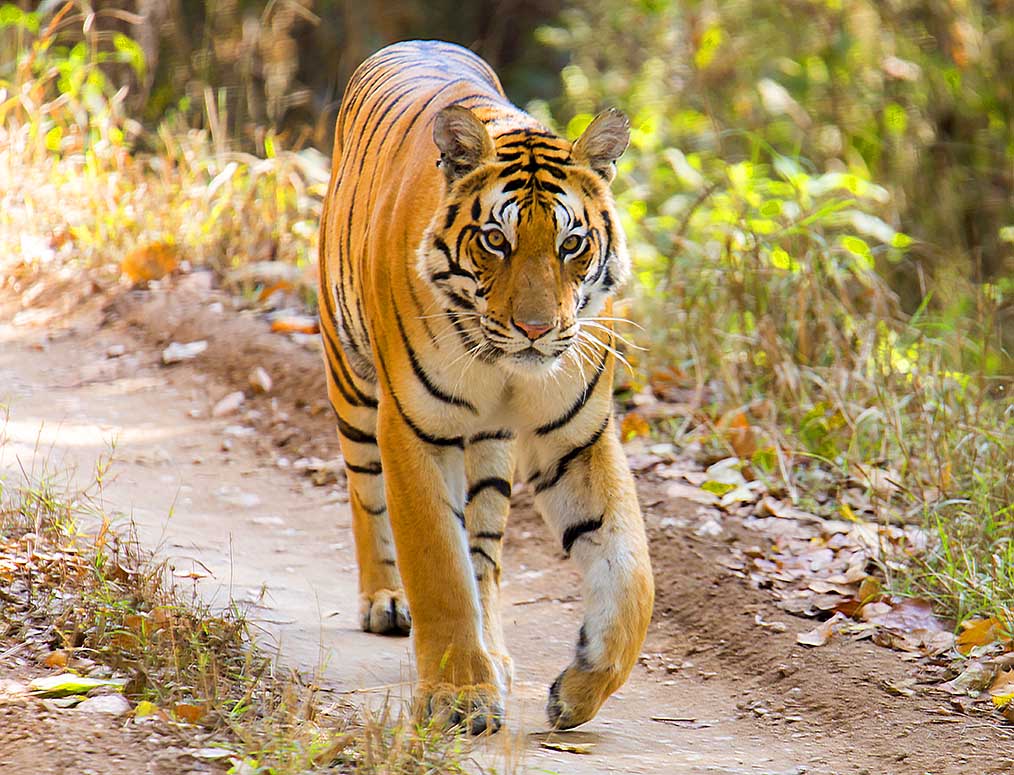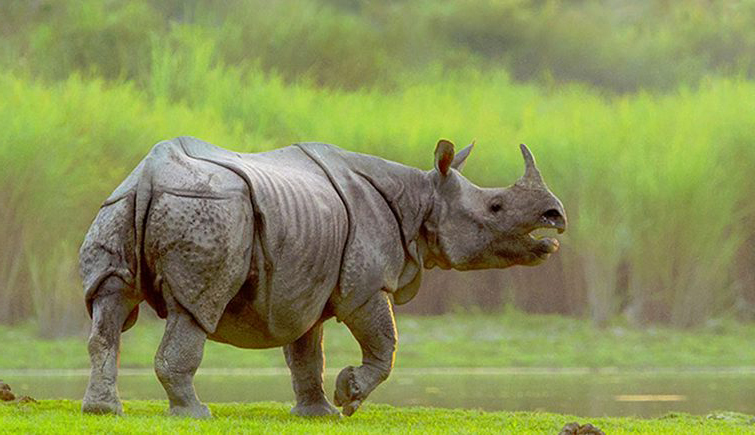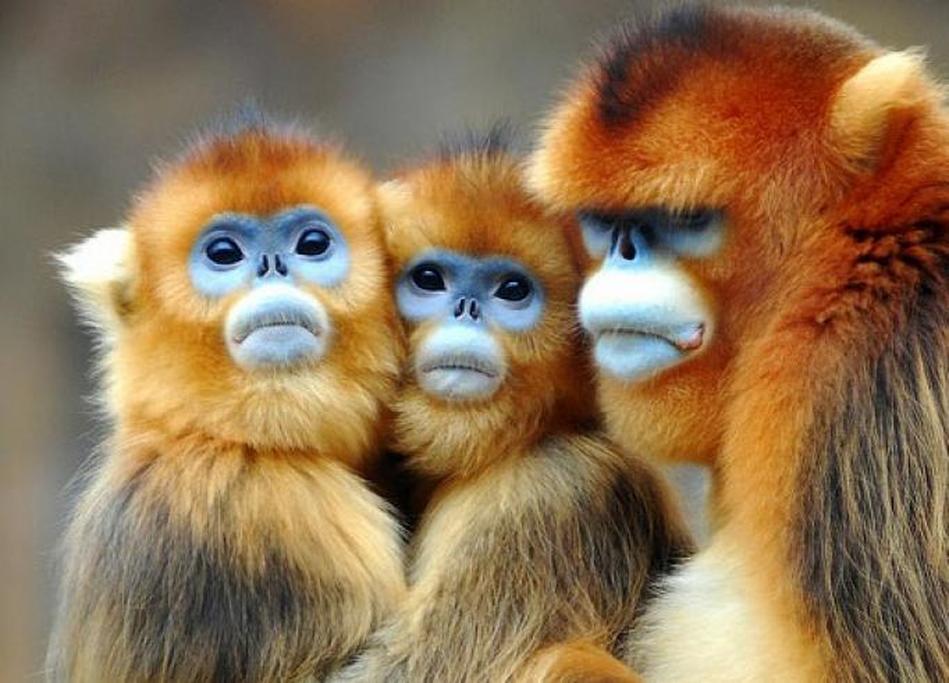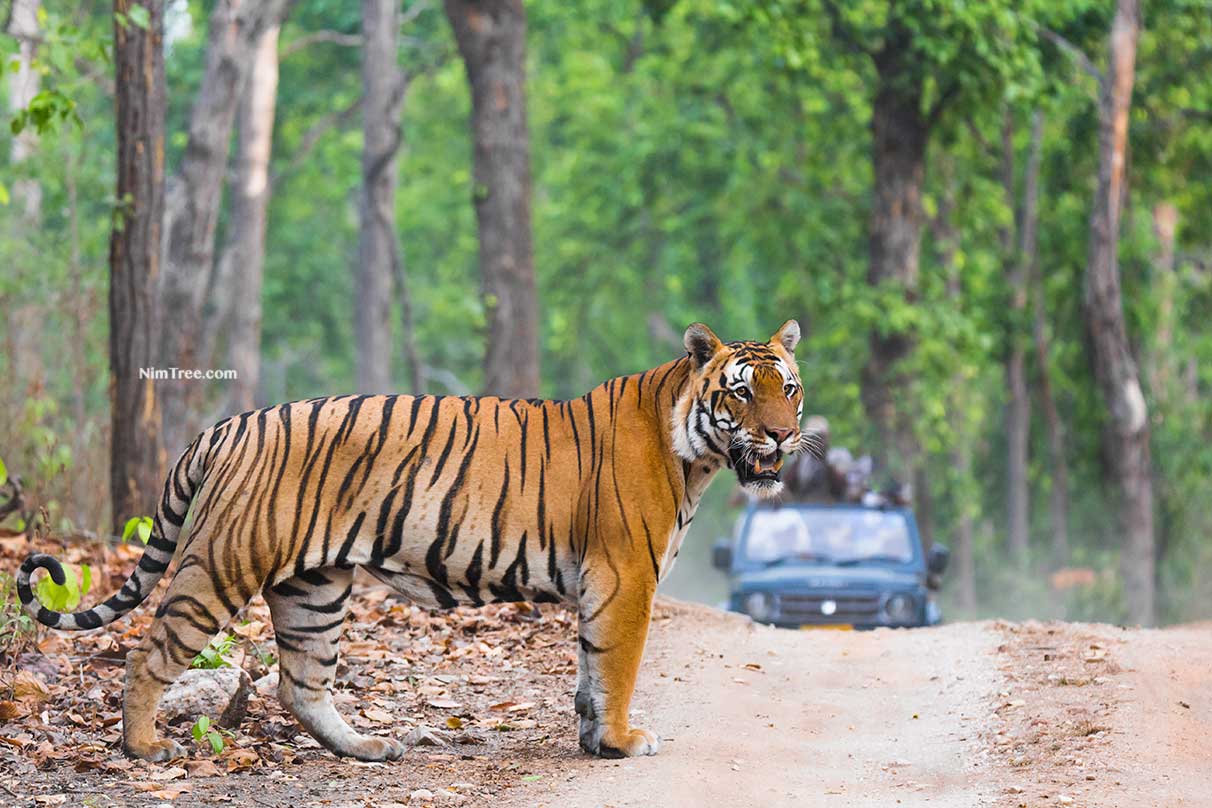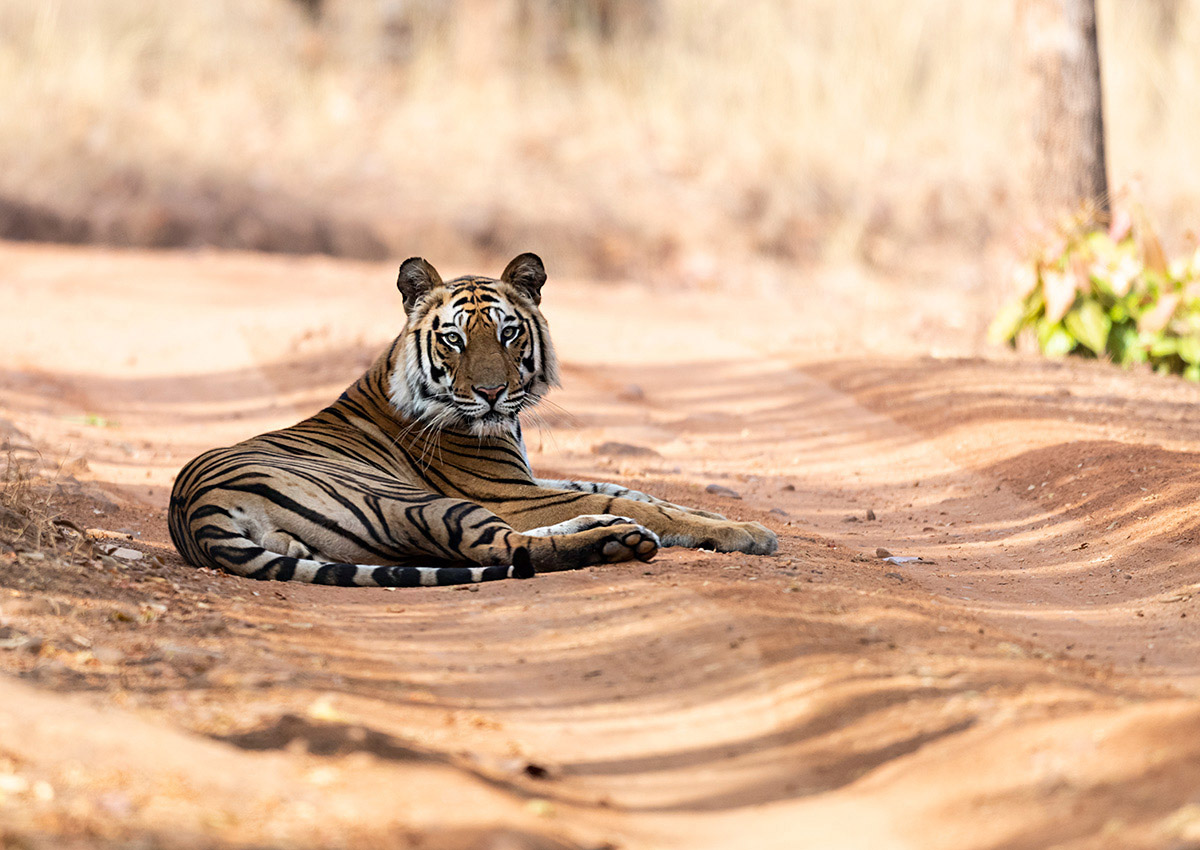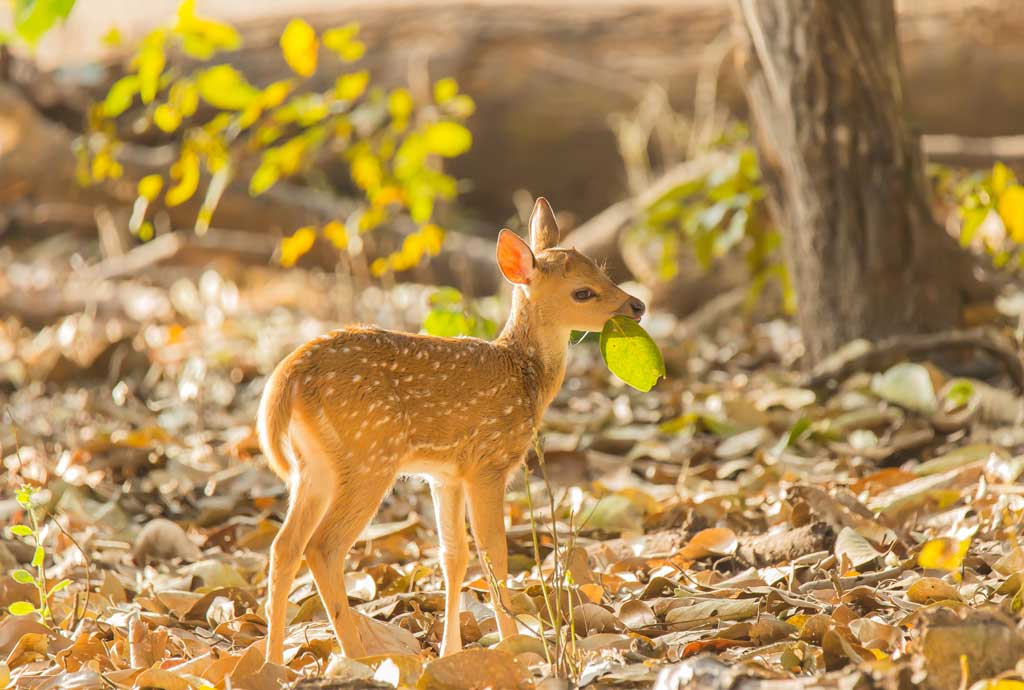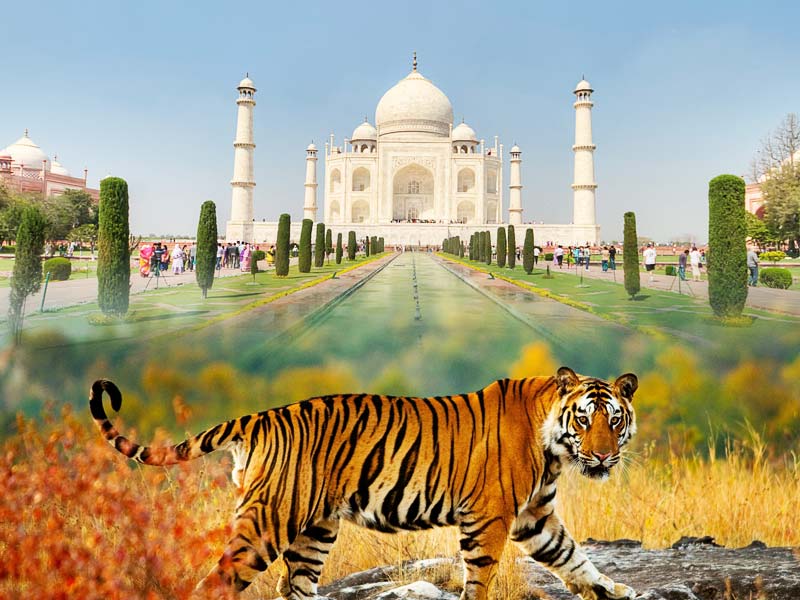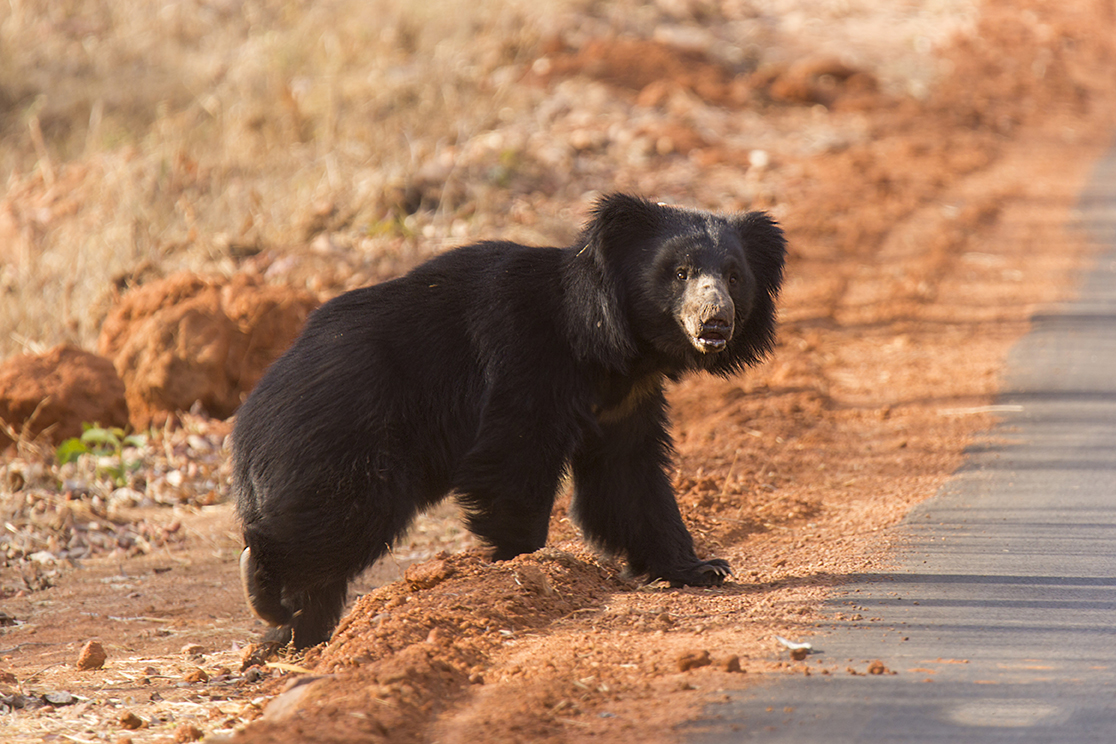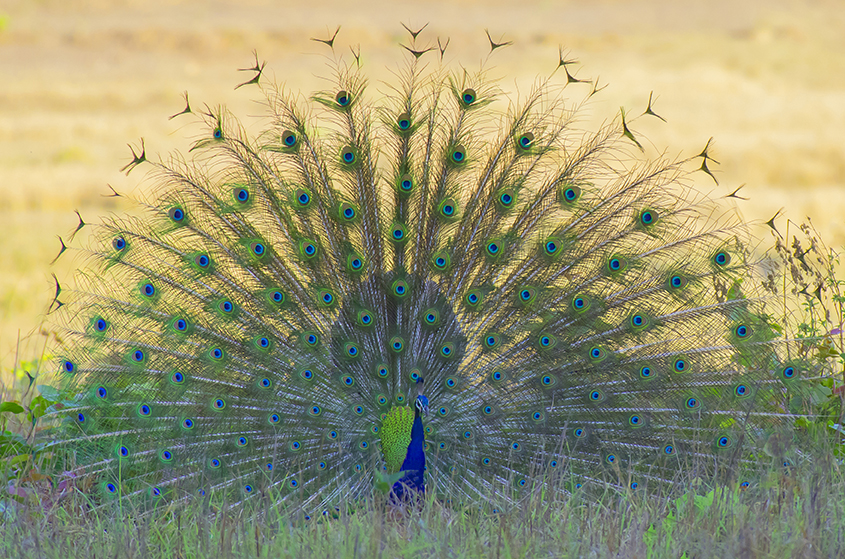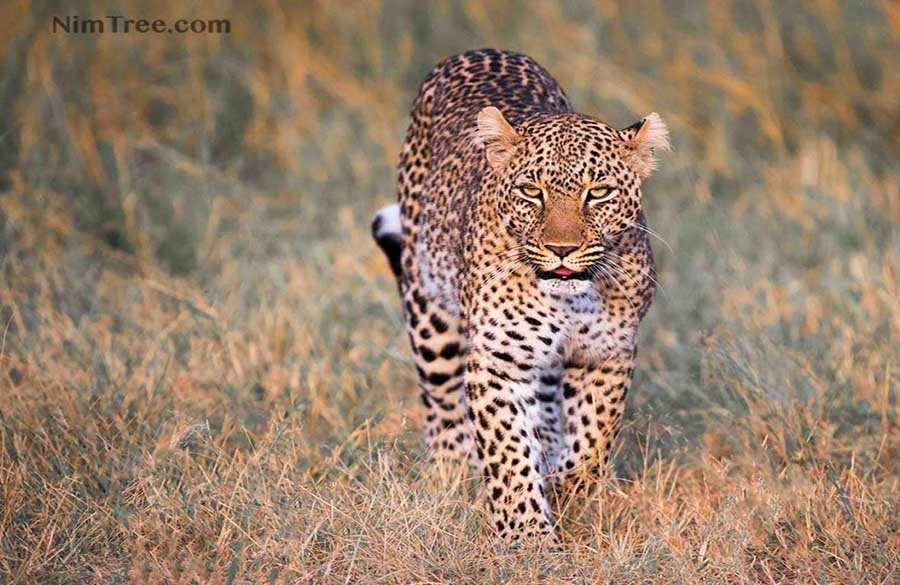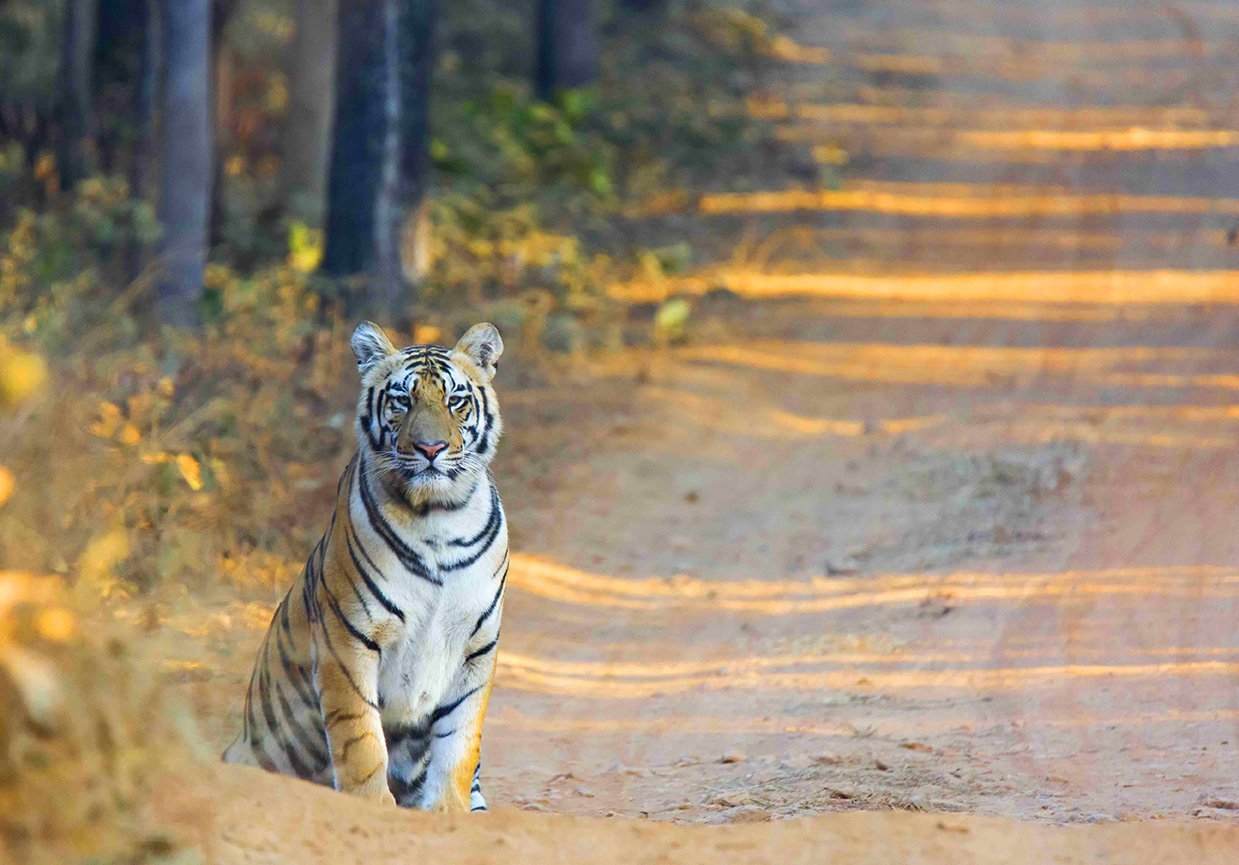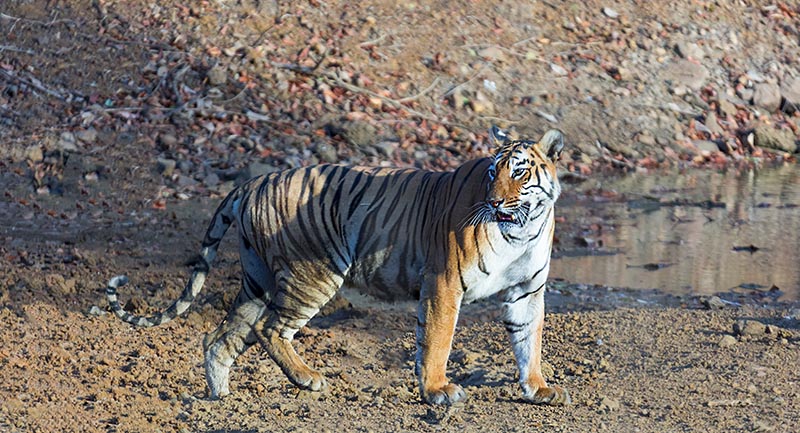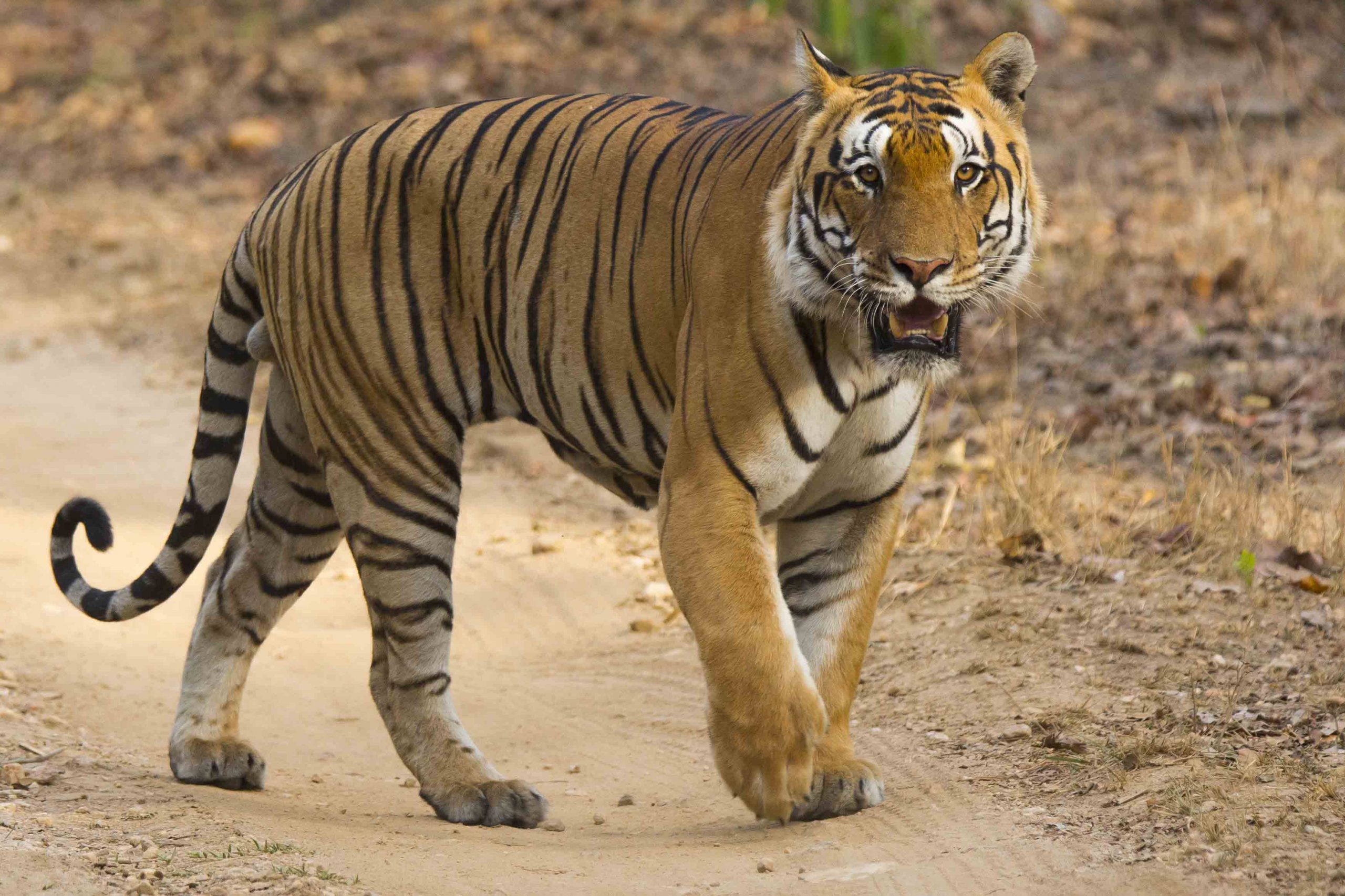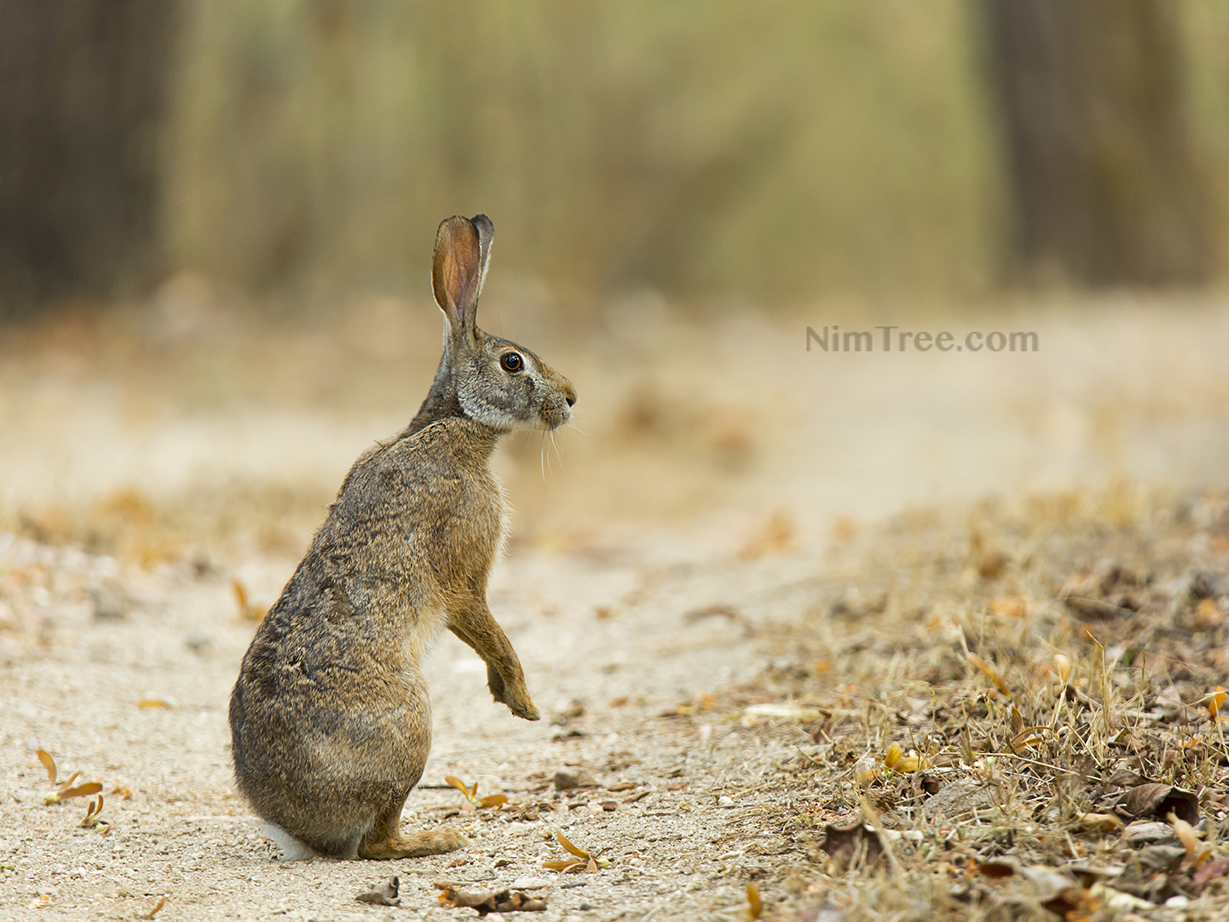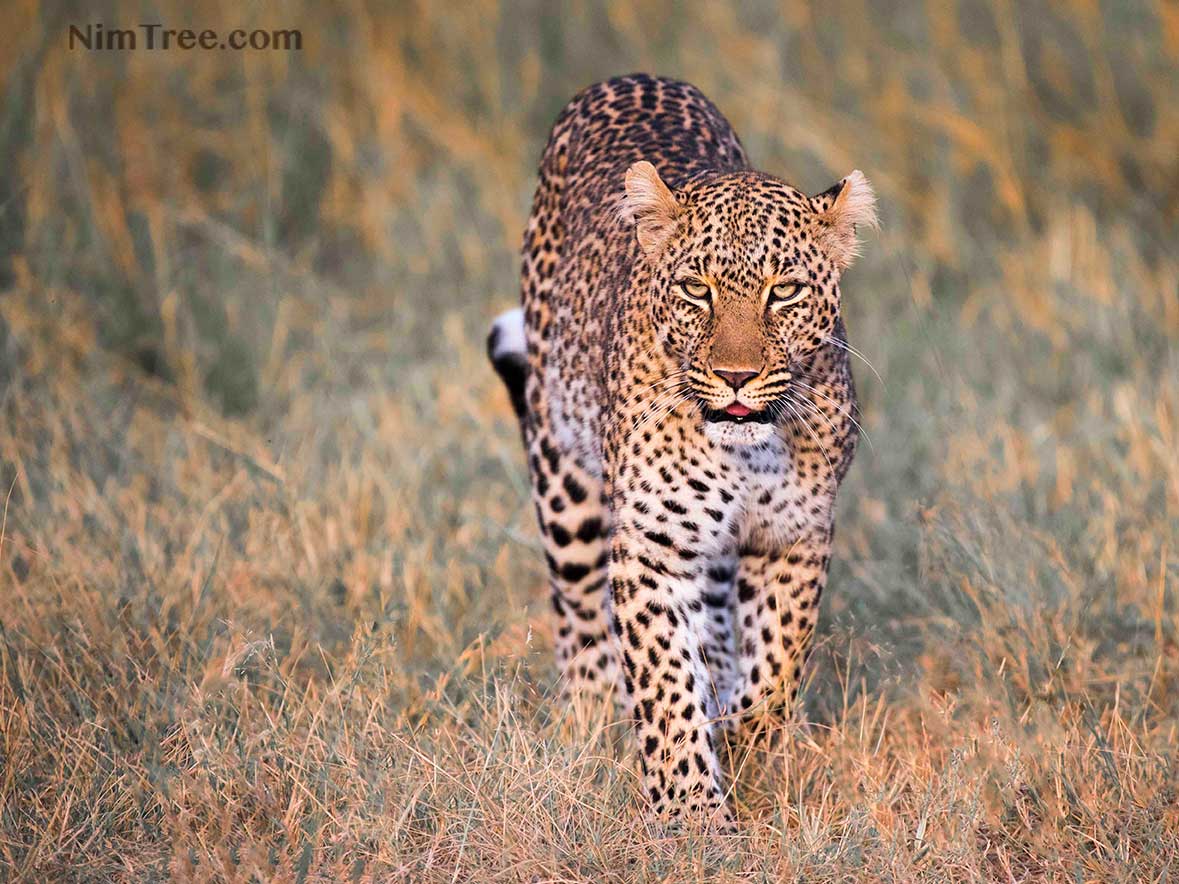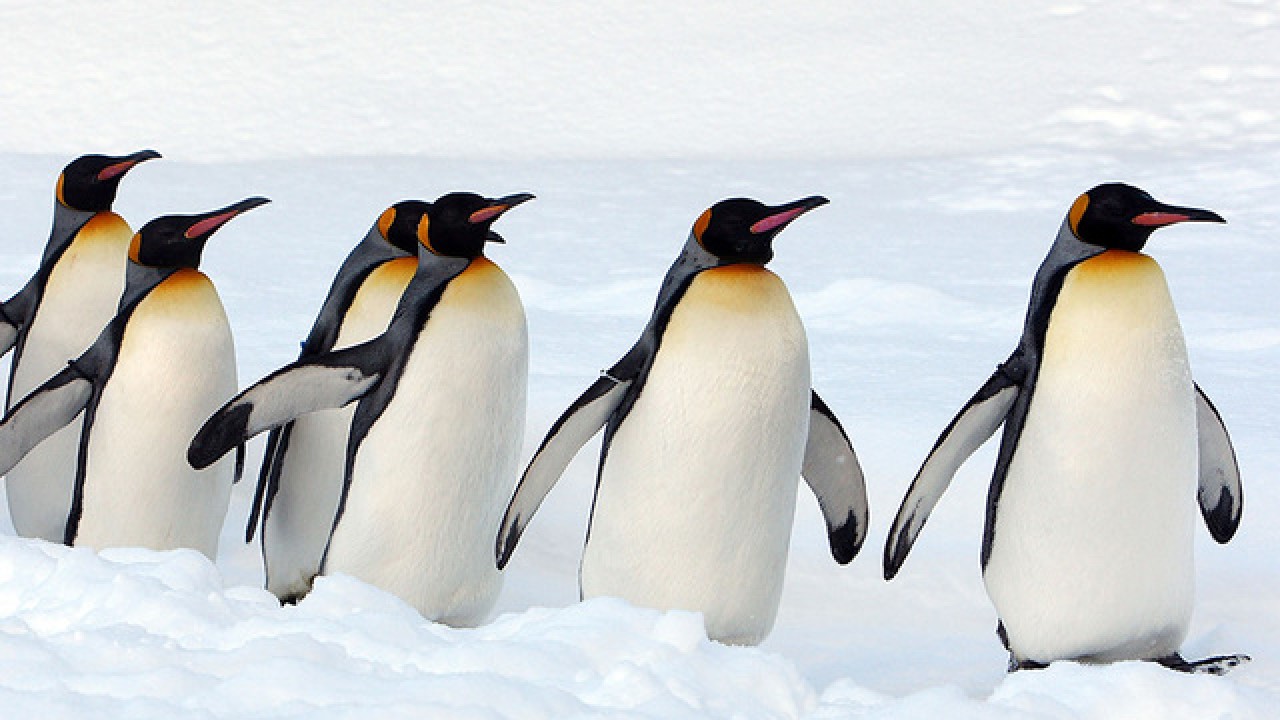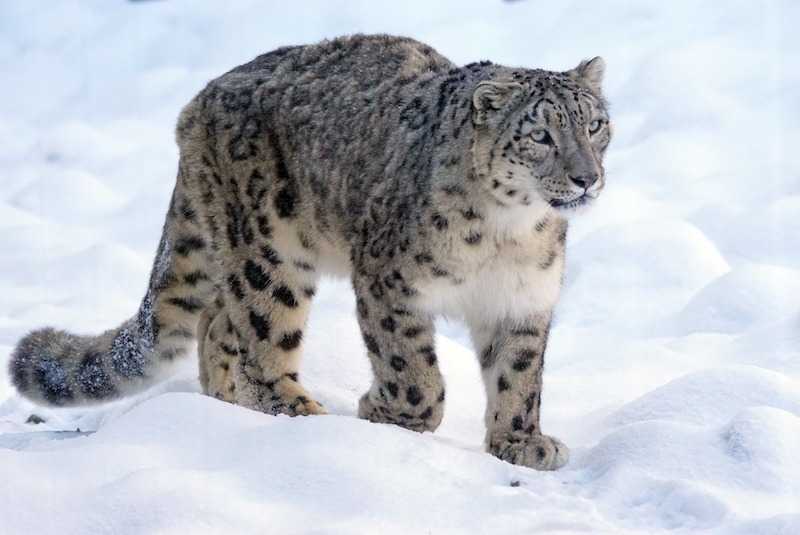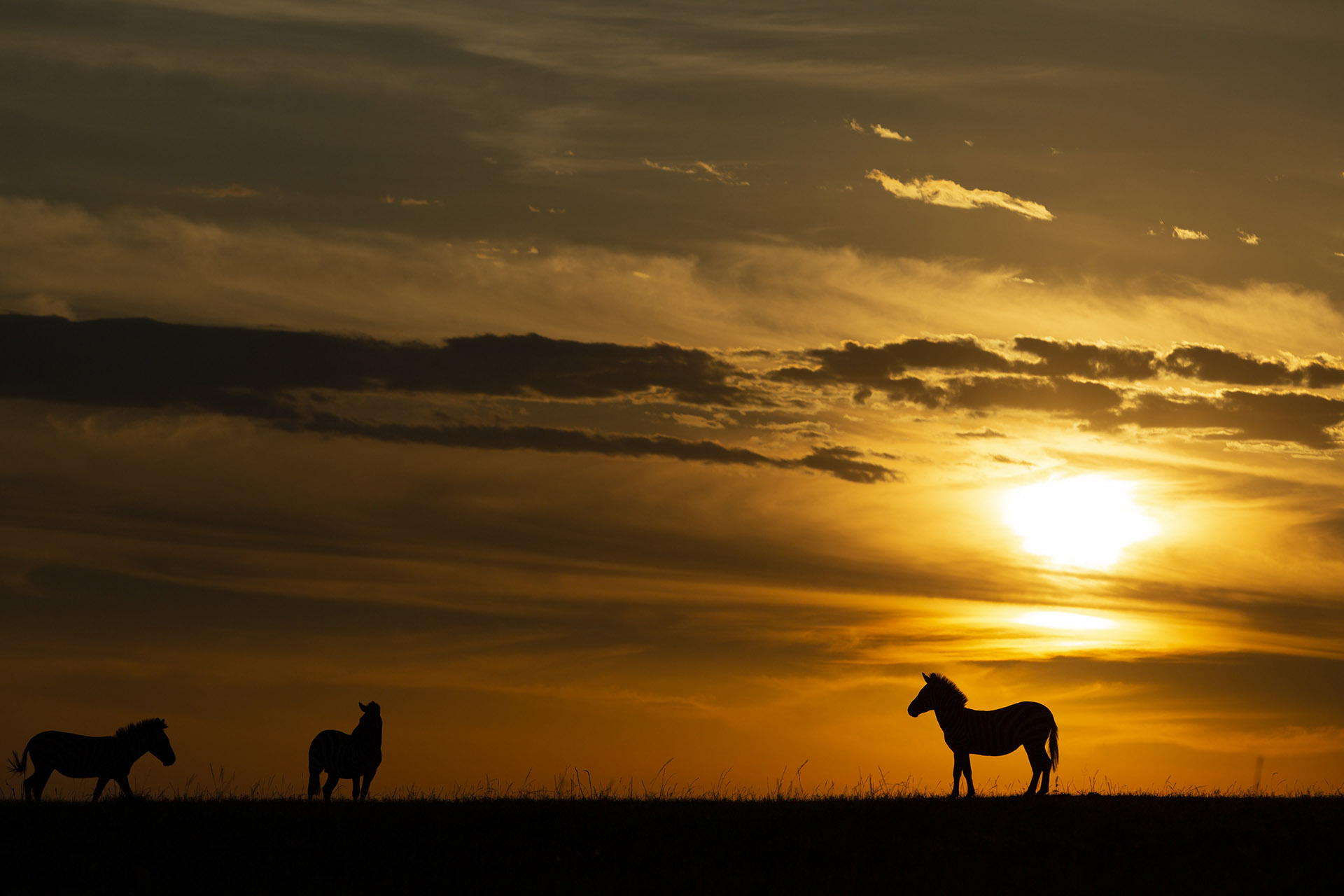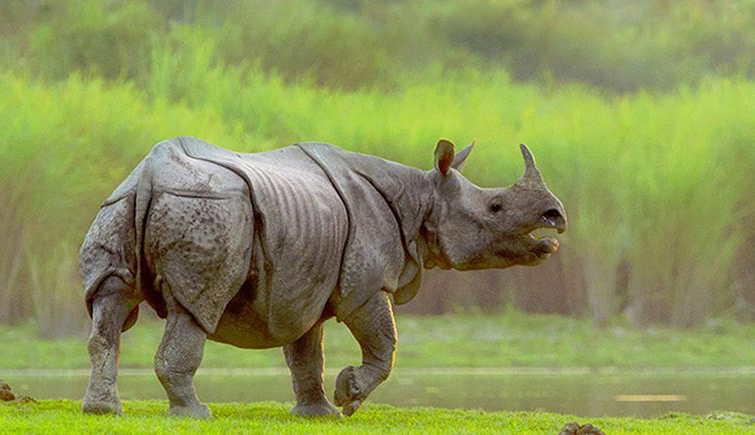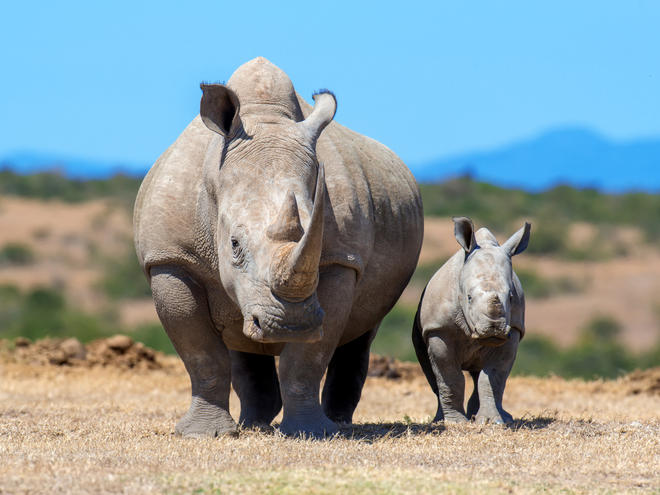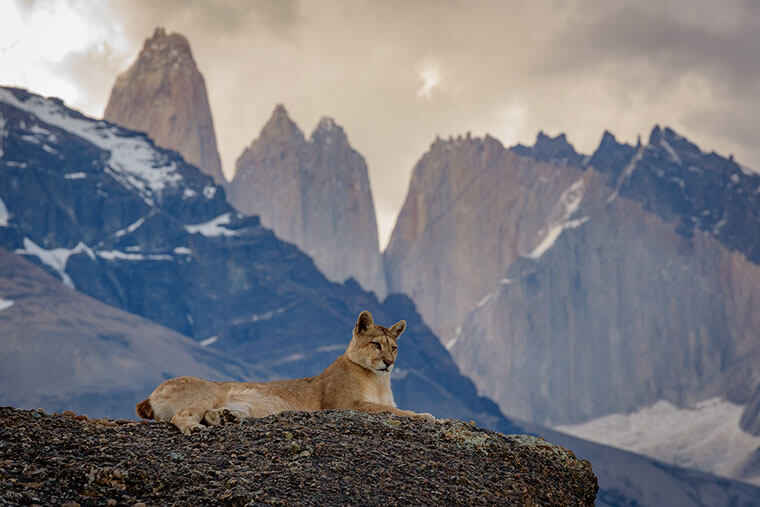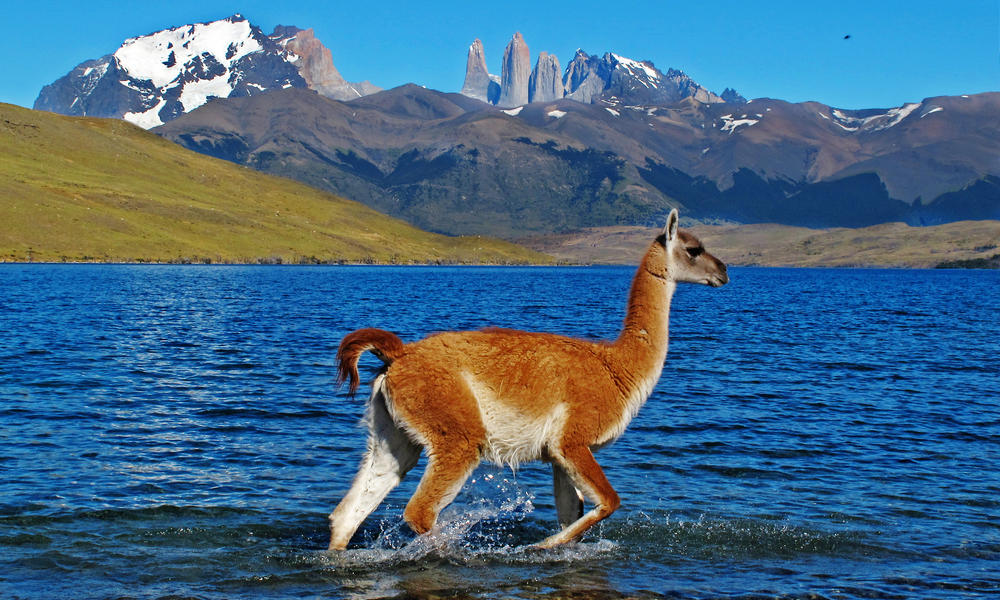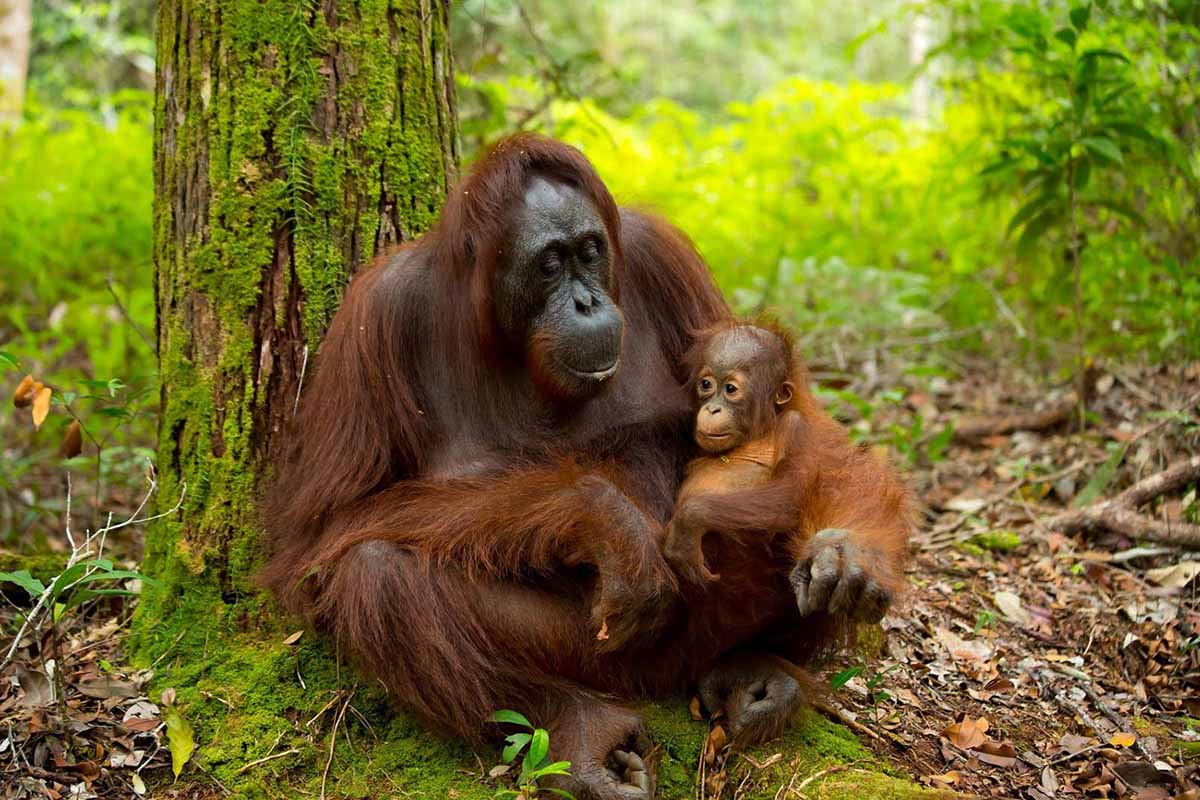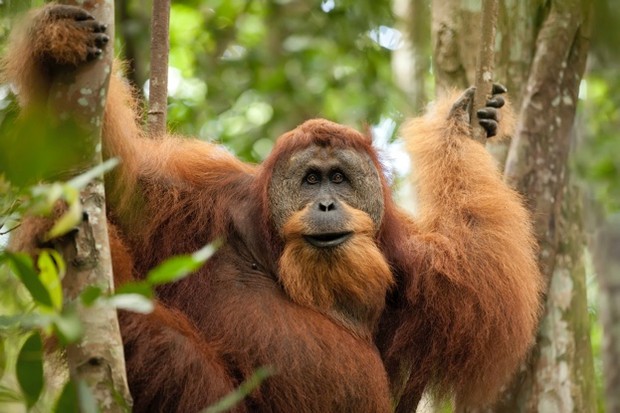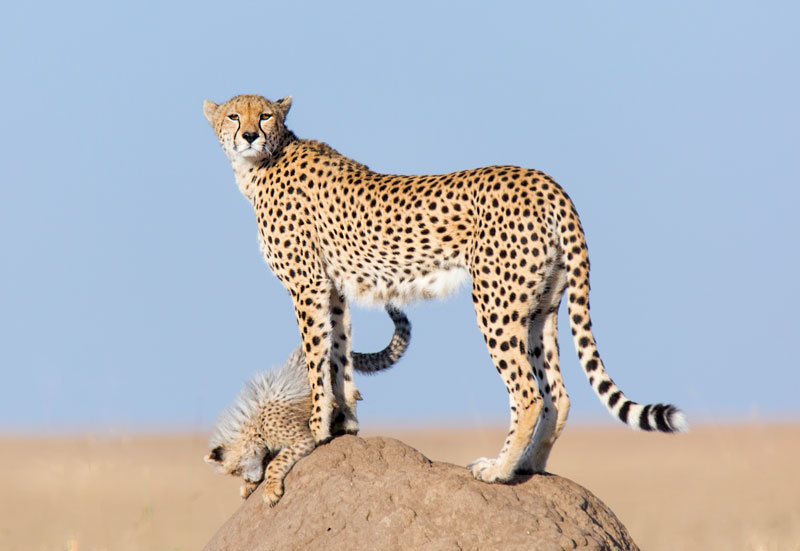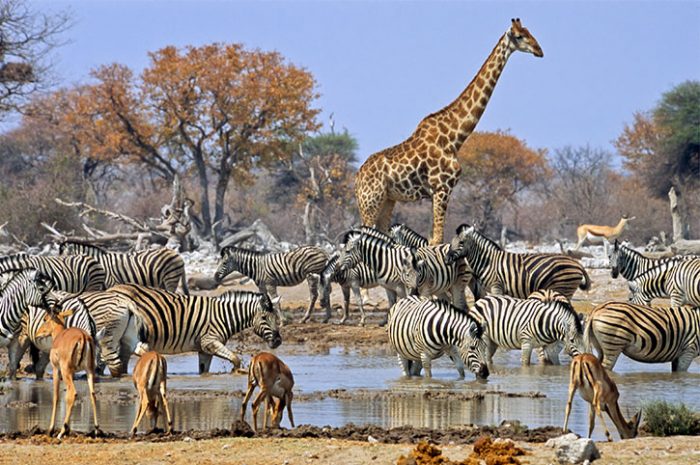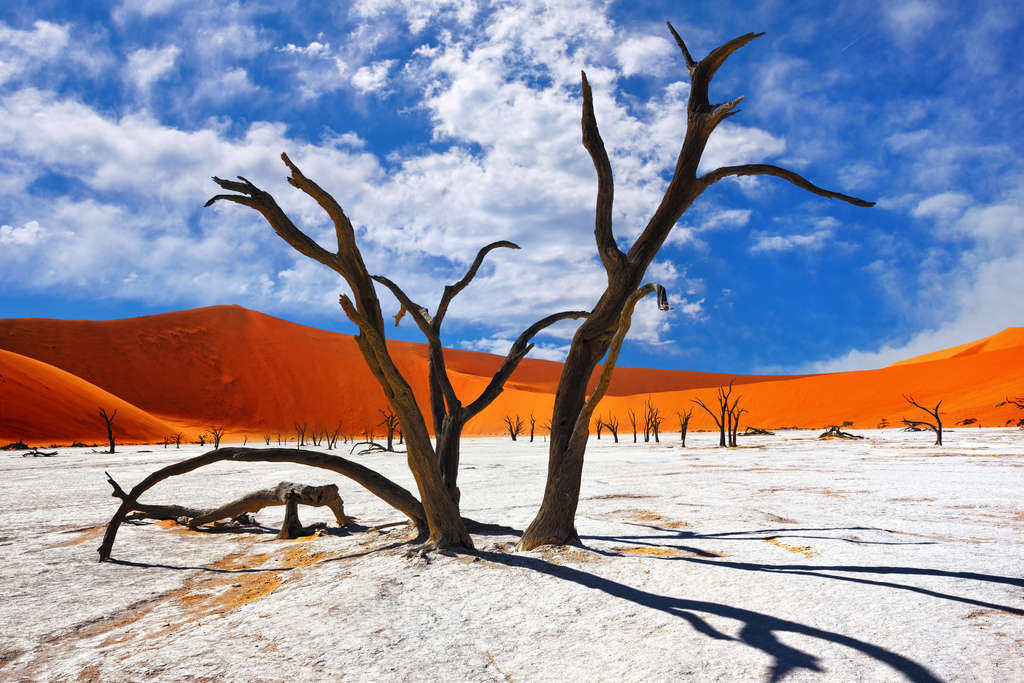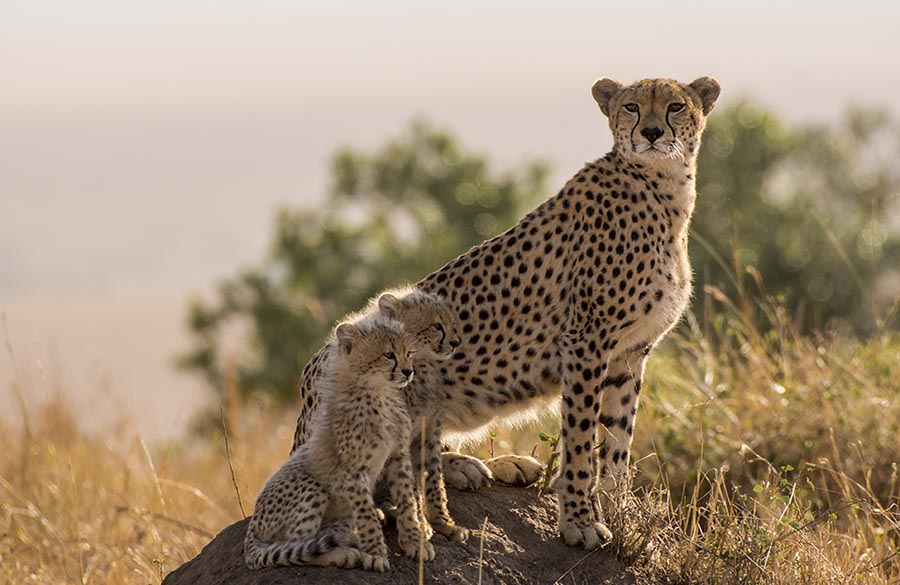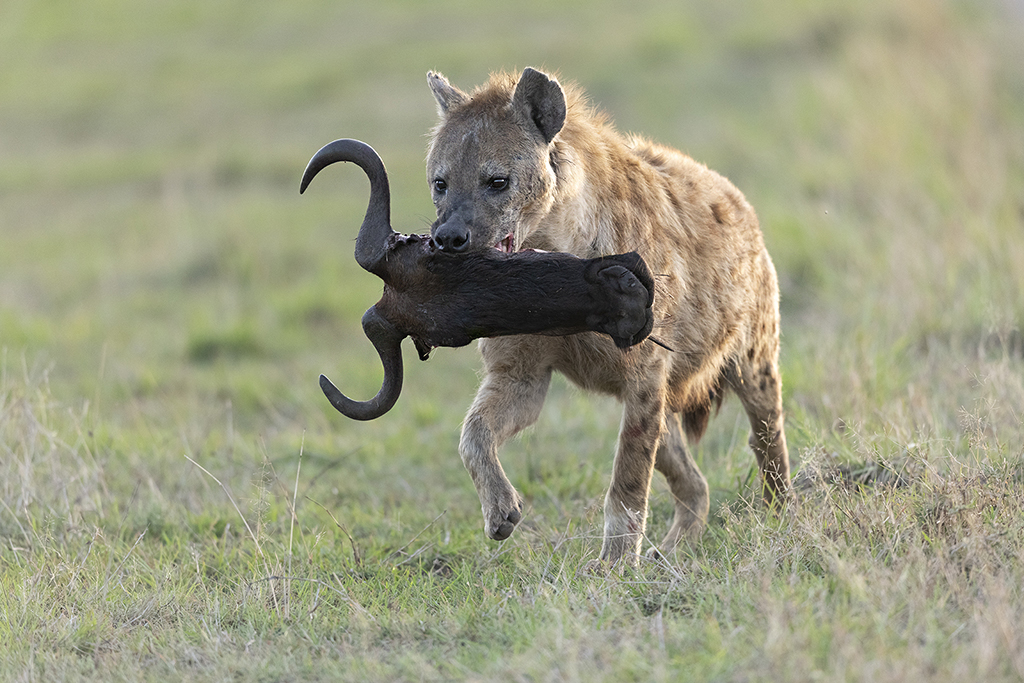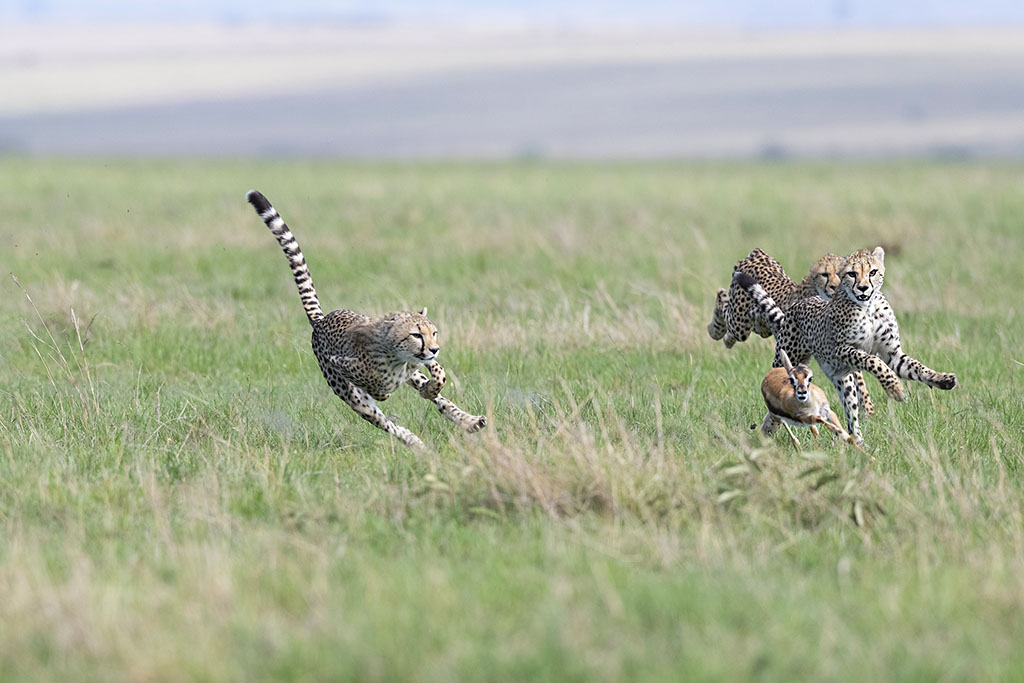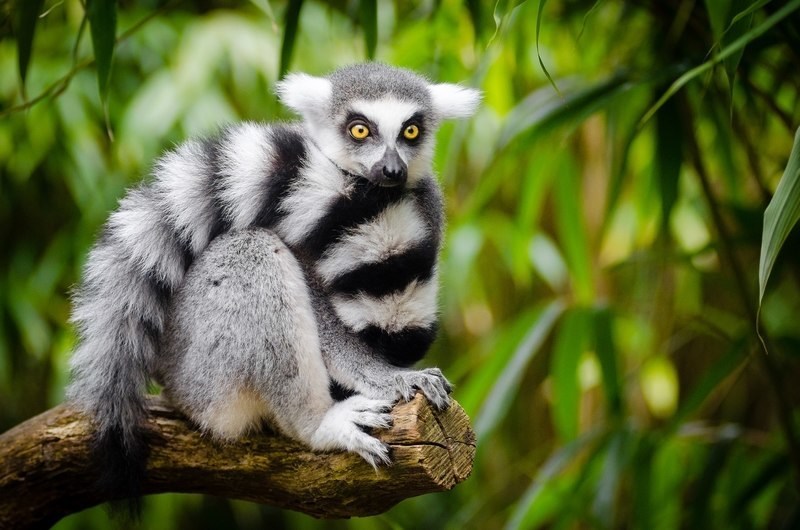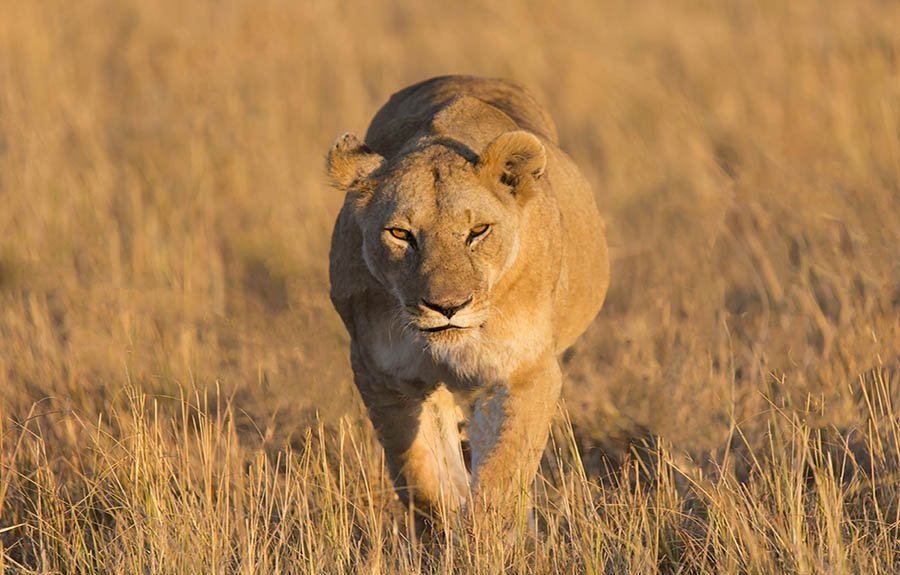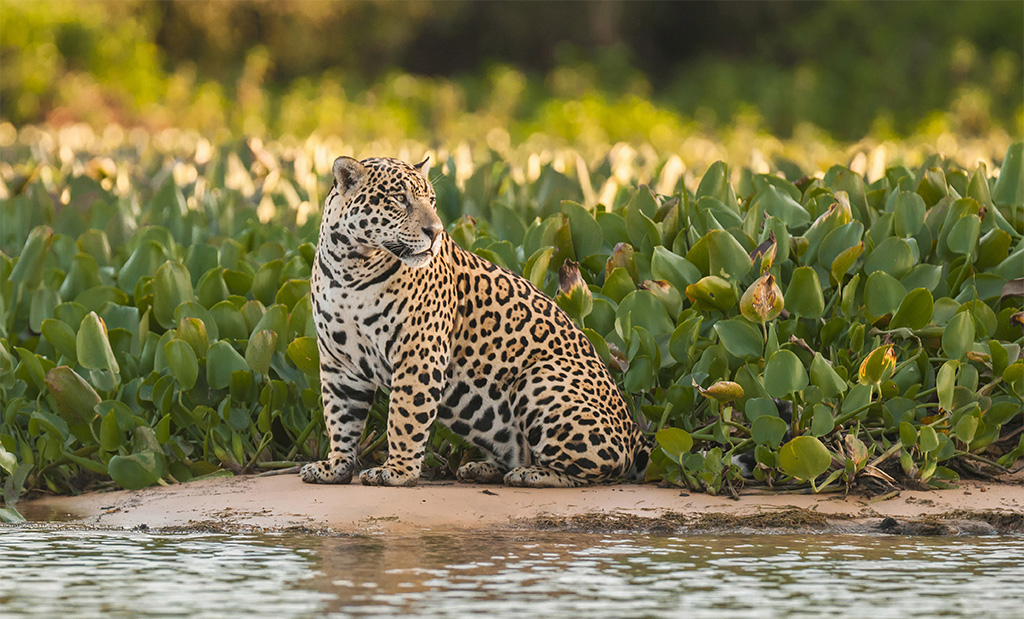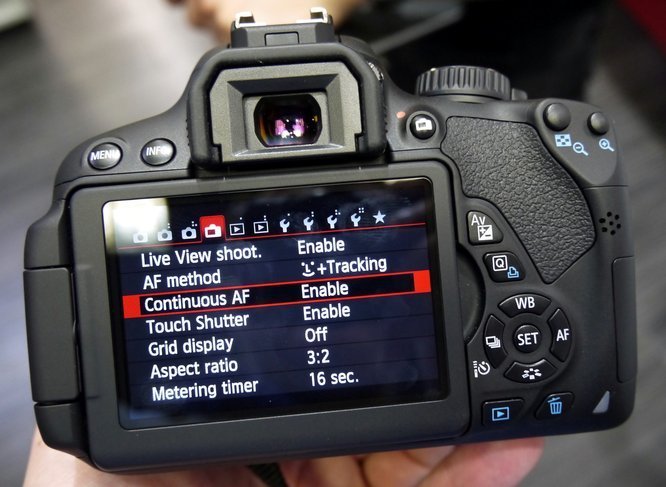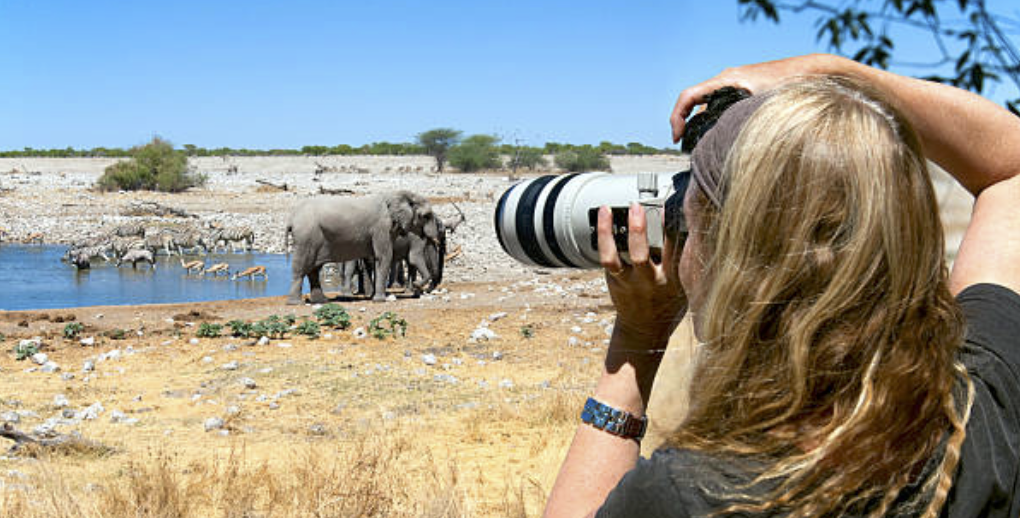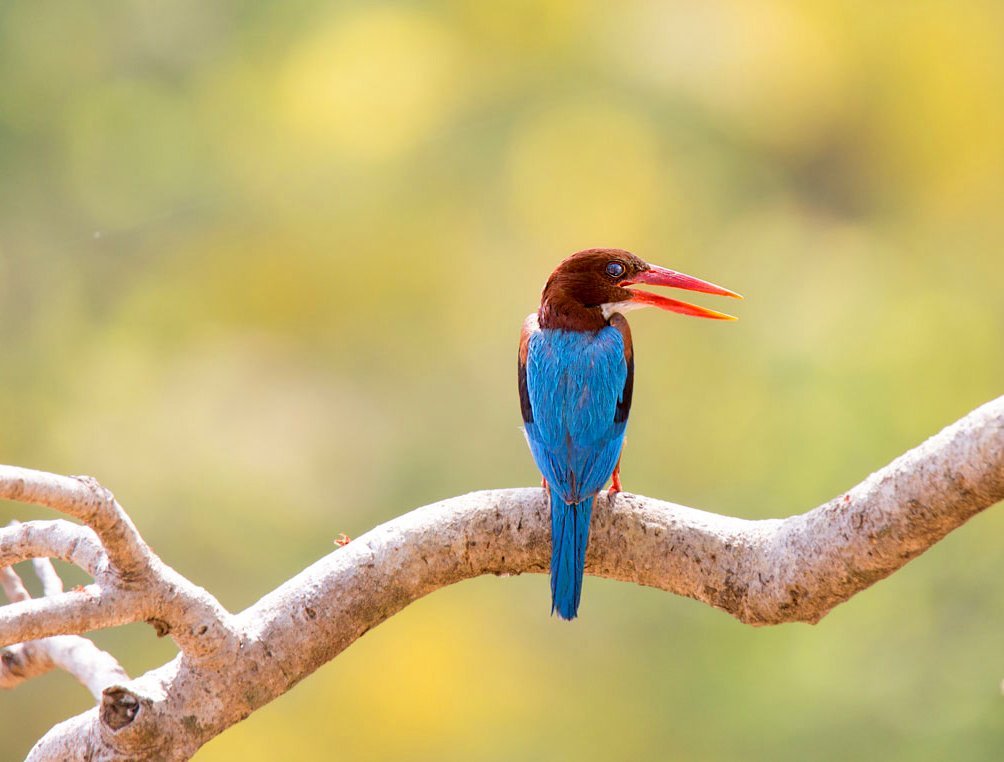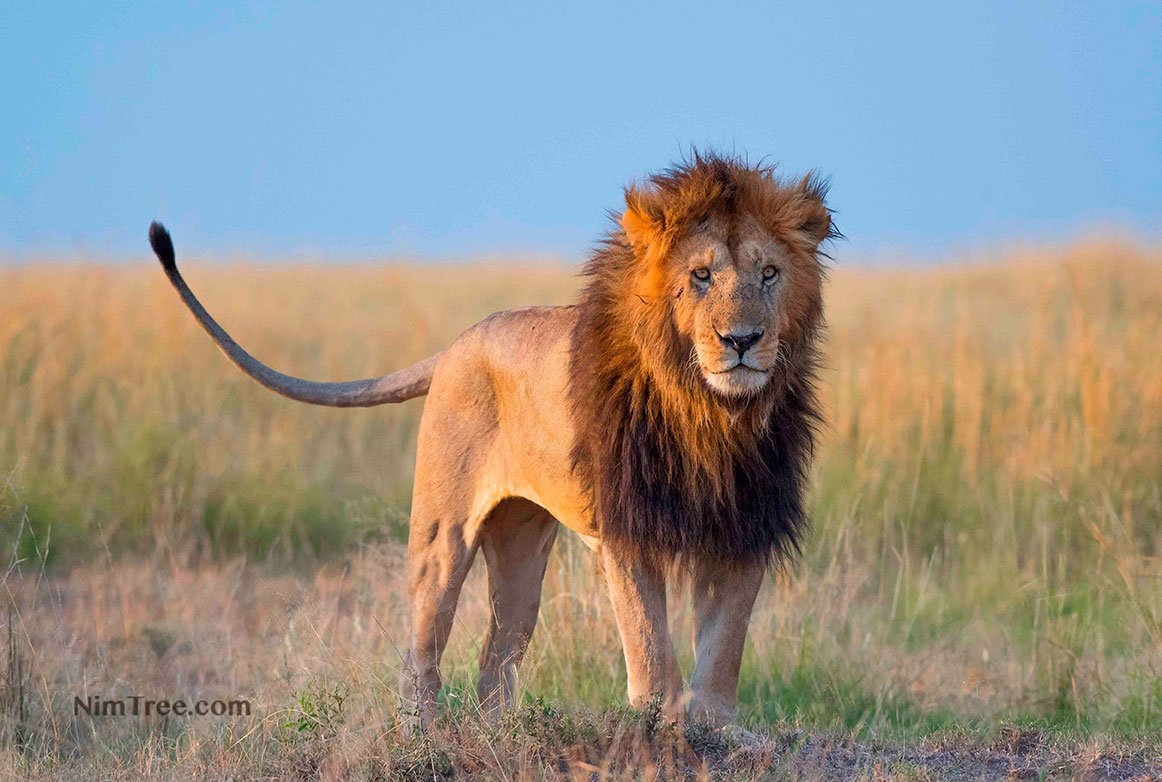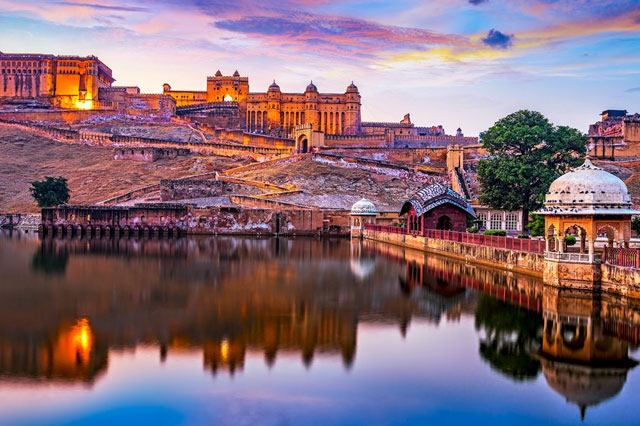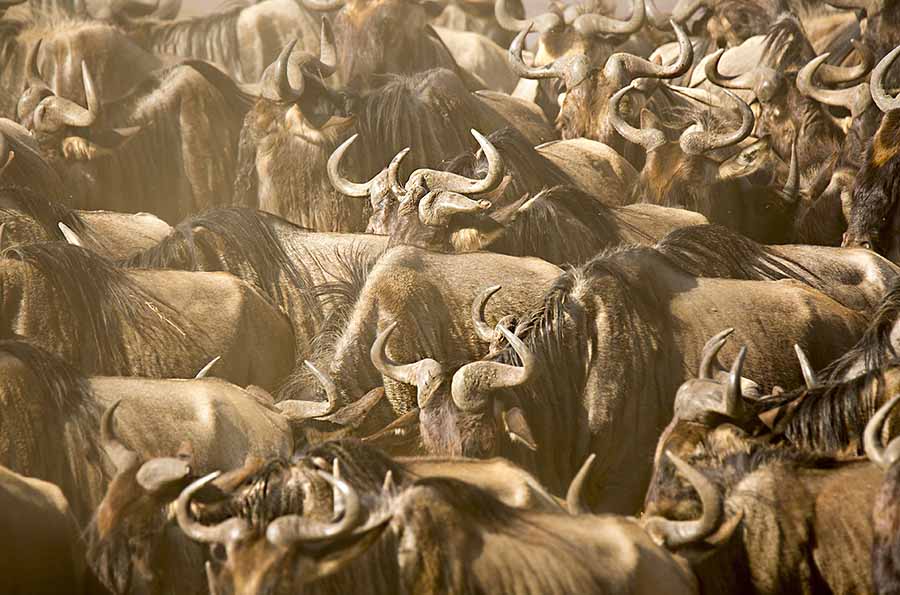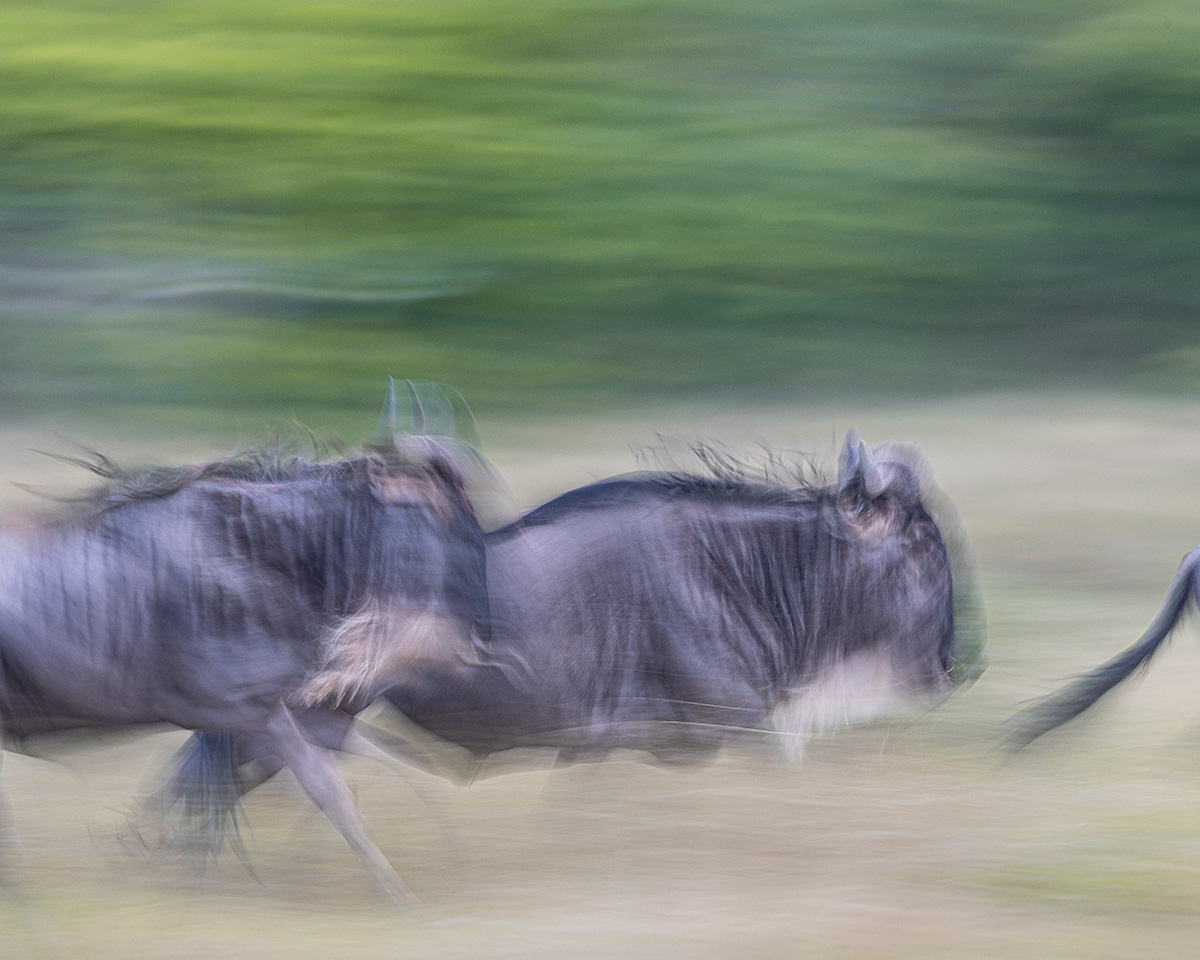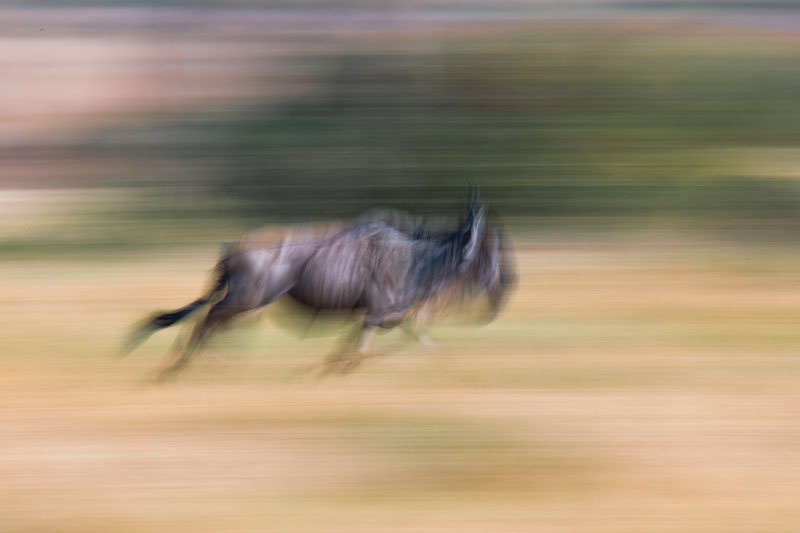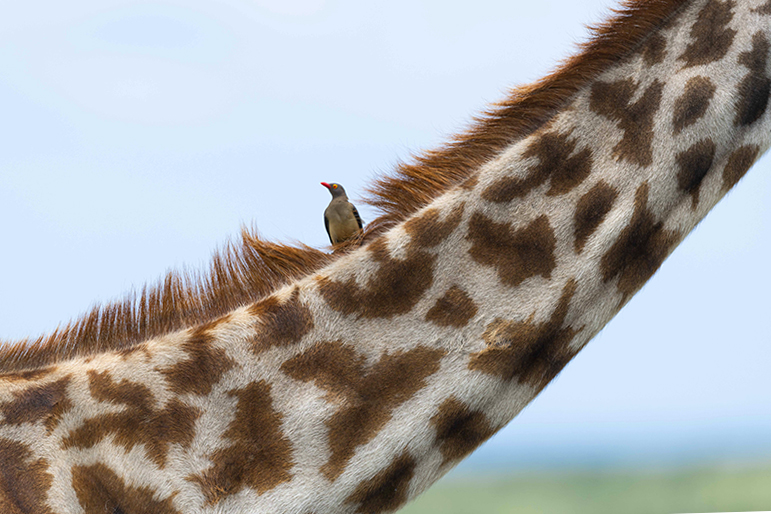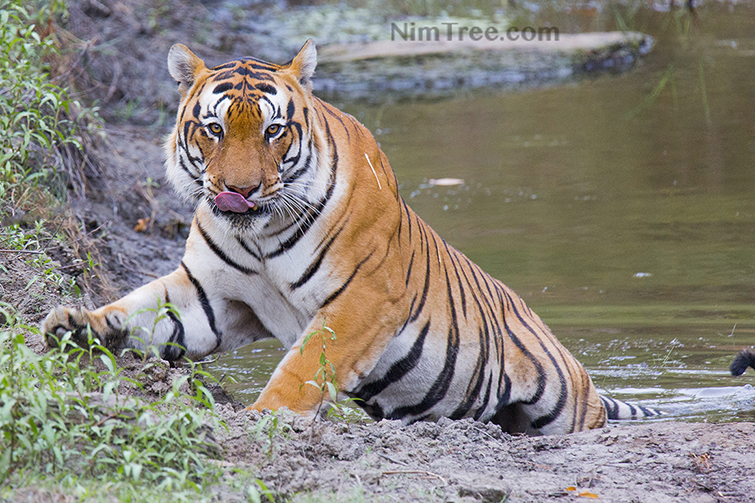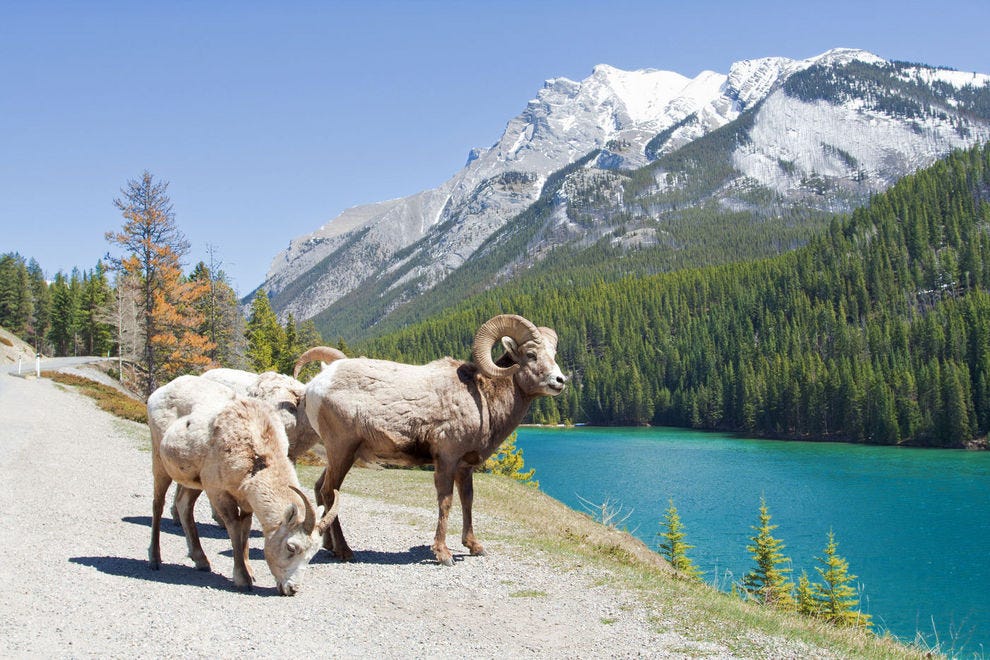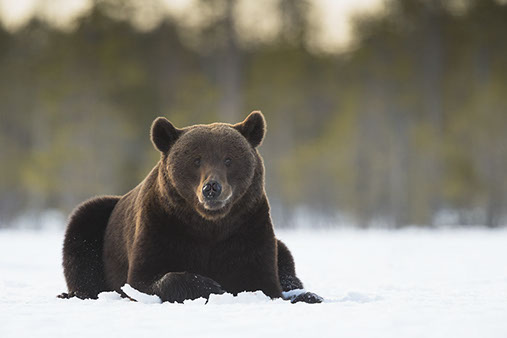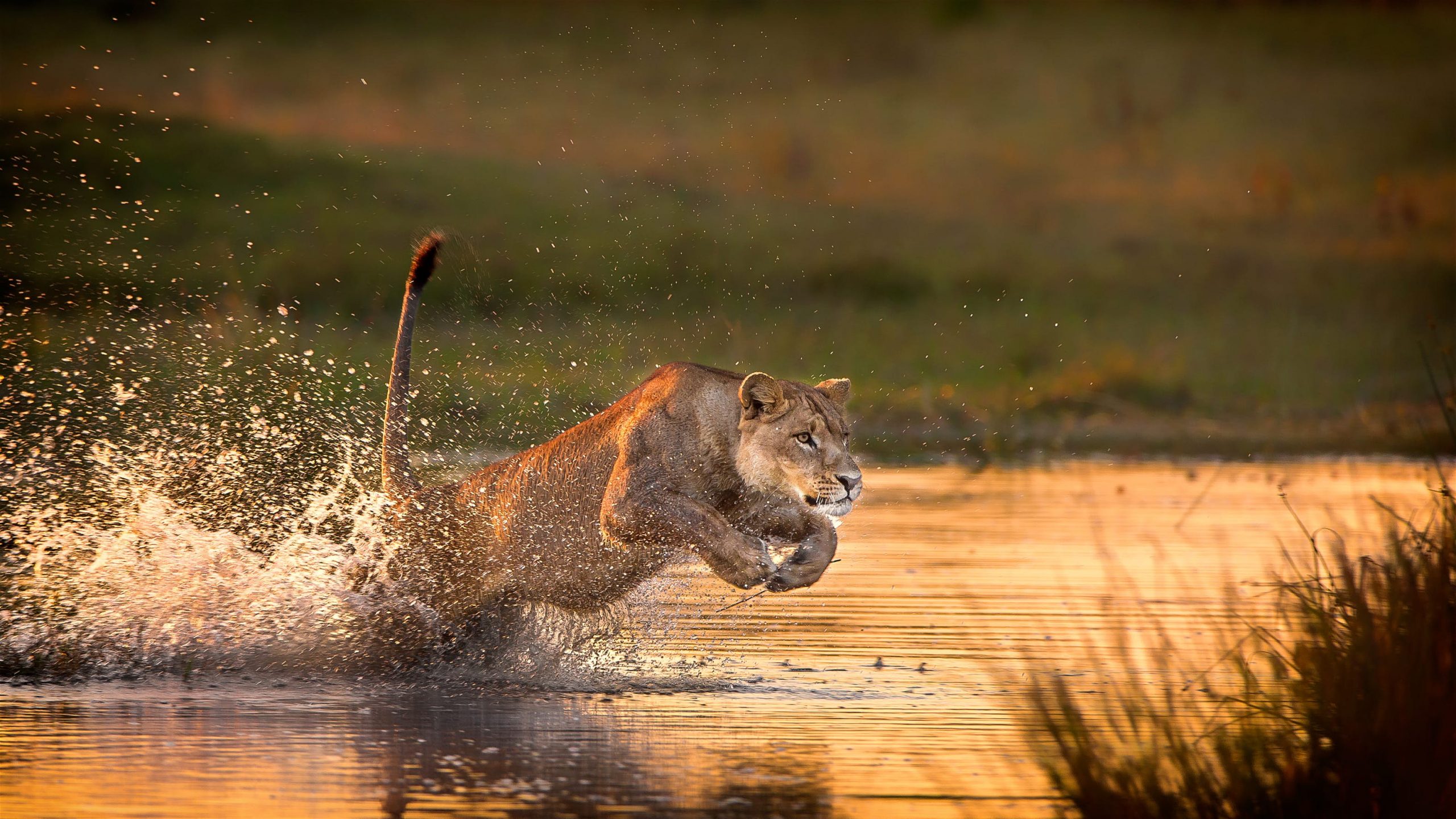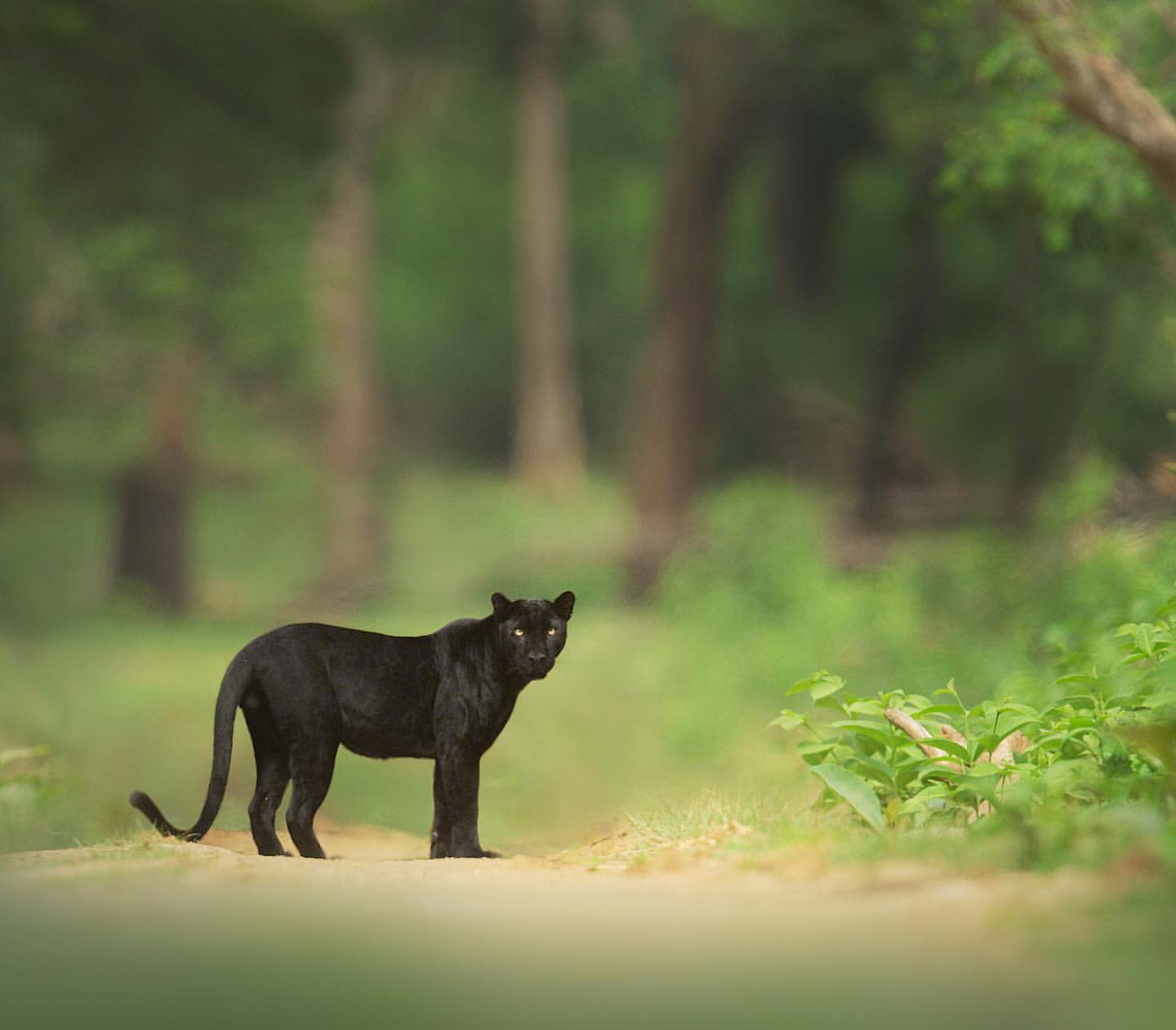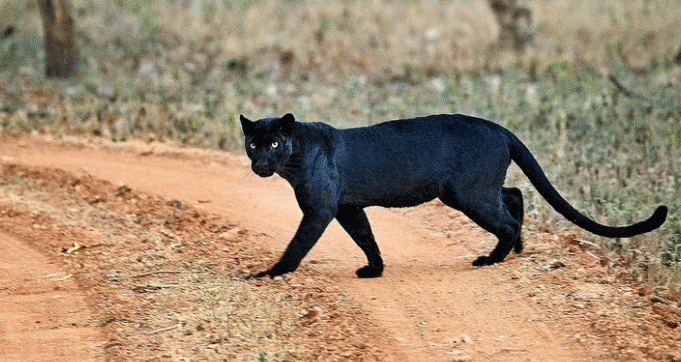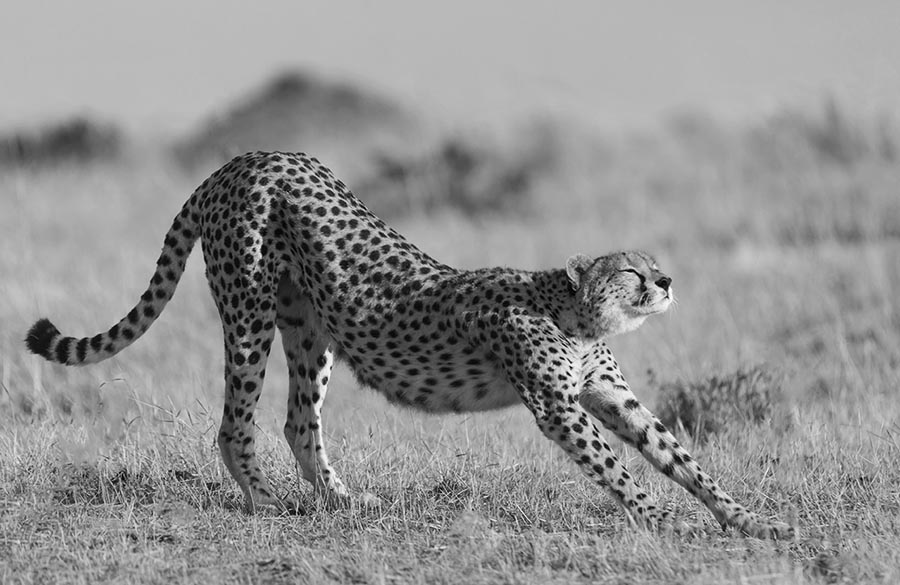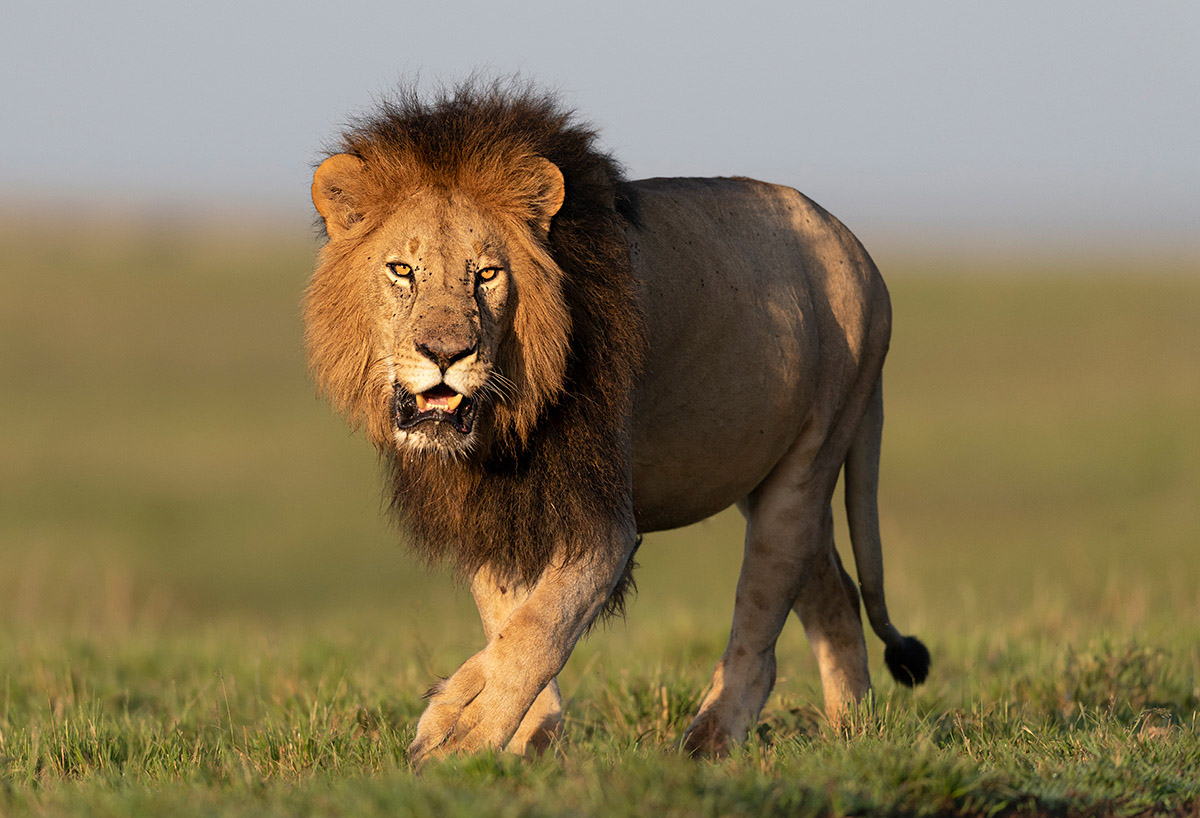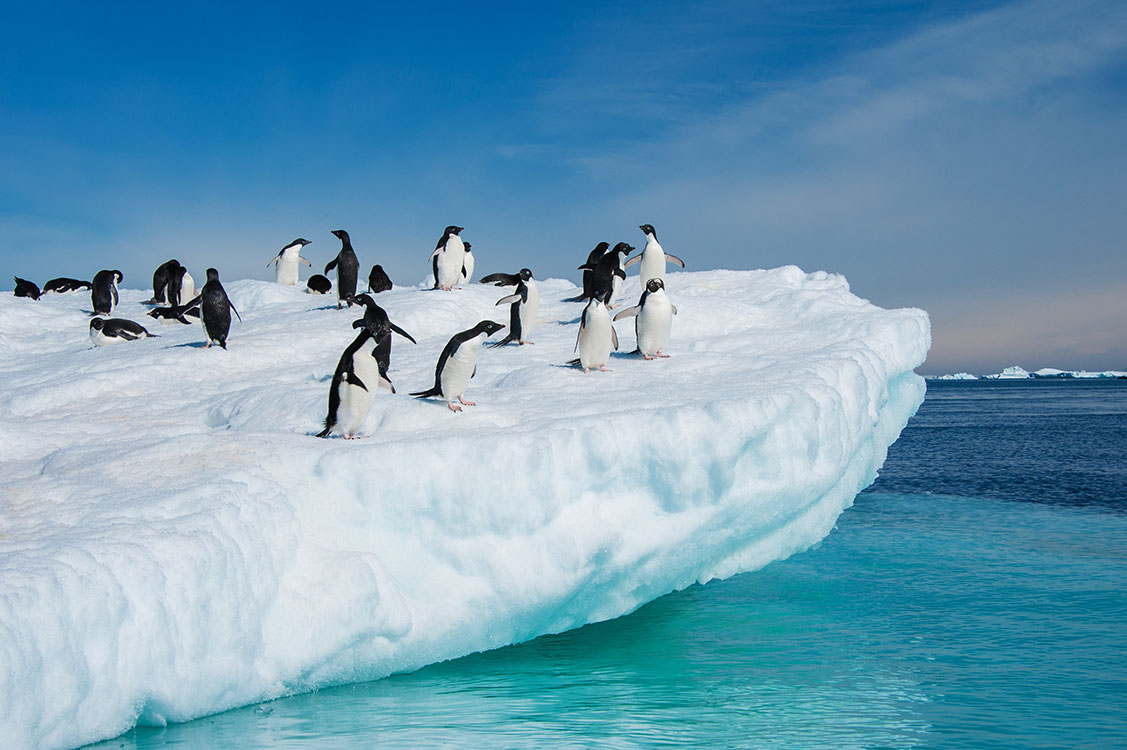Indian Wildlife Photography Safaris Vs African Wildlife Photo Safaris
We get asked this question many time, so we thought of creating this post to answer some of the areas where Indian wildlife safaris and African (Mainly Kenyan/Tanzanian wildlife safaris at Masai Mara and Serengeti) differ from wildlife sighting and wildlife photographic point of view. These two areas of the world are teaming with wildlife and you will have fantastic photography opportunities no matter where you choose to go.
-
Winter Tigers of India – Tadoba and Pench Photo Safari (December)
See Details Original price was: £6,000.£5,000Current price is: £5,000. -
Winter Tigers of India – Tadoba and Pench Photo Safari (December)
See Details This product has multiple variants. The options may be chosen on the product page £6,000 -
Tigers of India (June) – Pench and Kanha National Parks Photography Tour
See Details This product has multiple variants. The options may be chosen on the product page £6,000 -
Tigers of India (April) – Pench and Kanha National Parks Photography Tour
See Details Original price was: £6,000.£5,000Current price is: £5,000. -
Tigers of India (4 Parks) – Kaziranga Bandhavgarh, Kanha and Tadoba National Parks
See Details This product has multiple variants. The options may be chosen on the product page £10,000 -
Tigers of India (3 Parks) – Bandhavgarh, Kanha and Tadoba National Parks
See Details This product has multiple variants. The options may be chosen on the product page £7,500 -
Tigers of India – Pench and Kanha National Parks Photography Tour
See Details Original price was: £6,000.£5,000Current price is: £5,000. -
Tigers and Taj – Bandhavgarh, Kanha and Tadoba National Parks
See Details This product has multiple variants. The options may be chosen on the product page £7,500 -
Tiger Photo Safari India (May) Kanha and Tadoba National Parks
See Details Original price was: £6,000.£5,000Current price is: £5,000. -
Tiger Photo Safari India (May) – Central india
See Details Original price was: £6,000.£5,000Current price is: £5,000. -
South Luangwa Photo Safaris – Zambia
See Details Original price was: £8,000.£7,500Current price is: £7,500. -
Puma Photo Tours Patagonia
See Details This product has multiple variants. The options may be chosen on the product page £12,000 -
Orangutans and Wildlife of Indonesia Photography Tour (7 nights )
See Details This product has multiple variants. The options may be chosen on the product page £4,750 -
Orangutans and Wildlife of Indonesia Photography Tour
See Details This product has multiple variants. The options may be chosen on the product page £4,950 -
New Year Special – Big Cats of Masai Mara (Christmas & New Year dates included)
See Details Original price was: £9,000.£8,000Current price is: £8,000. -
Namibia Photo Safaris
See Details This product has multiple variants. The options may be chosen on the product page £10,000 -
Namibia Fly-in Safari and Zambia Safari combined
See Details This product has multiple variants. The options may be chosen on the product page £14,500 -
Guided Luxury Tour of Rajasthan for Two (Including Flights from Udaipur to nagpur)
See Details This product has multiple variants. The options may be chosen on the product page £6,200 -
EXCLUSIVE – Ranthambore Tigers (May)
See Details This product has multiple variants. The options may be chosen on the product page £4,990 -
Black Panther Photography Tours – Leopards and Tigers Special (April)
See Details This product has multiple variants. The options may be chosen on the product page £4,500 -
Black Panther Photography Tours – Leopards & Tigers Special (November )
See Details This product has multiple variants. The options may be chosen on the product page £4,600 -
Bandhavgarh Tigers Photo Safari (May) -EXCLUSIVE –
See Details This product has multiple variants. The options may be chosen on the product page £4,990 -
Bandhavgarh Tigers Photo Safari (January) – EXCLUSIVE –
See Details This product has multiple variants. The options may be chosen on the product page £4,990 -
Bandhavgarh Tigers Photo Safari (February) – EXCLUSIVE –
See Details This product has multiple variants. The options may be chosen on the product page £5,500
Sighting of Animals in Indian National Parks Vs Masai Mara and Serengeti
India: As we all know, Indian national parks are mainly famous for Tigers (Tigris- Tigris) . These tigers are different from their Siberian and sumatran cousins. Apart from Tigers, depending what national park you visit, there are Sloth Bears (Black) , Asiatic Leopards (very similar to African Leopard), Bisons (Gaur), Asiatic Lions (Panthera leo Persica), Indian Rhinos ( Rhinoceros unicornis) and Indian Elephant, Snow Leopards , Water Buffalos, Asian Wild dogs (Dhole), Red panda in North East of India, many species of Antelopes etc. Cheetah has been declared extinct in India.
Africa: African national parks has abundance of wildlife which includes African Lions,African Leopards, Cape Buffalos, African Elephants , Cheetah, Caracal, Rhinos, Hippos, Giraffes, many species of antelopes and many species of birds
Flora and Fauna
Indian jungles are very dense as compared to the African bushes. Very dense tall tree sometimes make it easier for the wild animal to take cover before launching attack on their prey. This also means the 4×4 safari vehicle has to stay on the define path and has very limited scope to go off-road. In Africa, it is mainly grassland and endless planes (Serengeti means endless planes) , so the safari vehicle can almost go anywhere.
From photography point of view, presence of tall tree makes it challenging to capture if the animal decides to go inside the dense area. Whereas in Africa, the animal can be followed pretty much everywhere (off course, without disturbing the wild animals and by maintaining a safe distance).
Kanha National Park in central India mostly has long, tall and very straight Saal trees , whereas Tadoba tiger Reserve (which are about 350km apart) has thick green cover of Bamboo leaves, both look very different !
Tourist Entry to the national parks in India Vs African Parks.
India: Most Indian national parks allow a fixed number of safari vehicles each day. Permits can be purchased online to enter the park. Each national park has different entry gates and permits are issued for each gates. They also have some are marked a buffer zone where wildlife safaris take place but the animal sighting may be irregular to non-existent depending on weather , prey base and wildlife movement . The wildlife viewing experience can vary greatly from gate to gate (for the same national park). Eg, Kanha National Park has 4 to 5 entry gates (core of national park) and 4-5 buffer zones (adjacent outer are of national park) . Famous gates are Kanha, Mukki and Kisli. We do not take our guests to the buffer zone, simply because we want to increase their chances of sighting wildlife in the core national park area , so that they can photograph them. The permits are very popular among domestic as well as overseas wildlife tourist, so the national park entry permits need to be booked months in advance if not weeks, especially for the popular gates. One can not take own vehicle but has to hire a small 4×4 called “Maruti Gypsy” and a guide is present in each vehicle. The safaris take place in morning and afternoon. The morning round starts at about sunrise and lasts 5 hrs. The afternoon round starts at about 2.30pm and finishes at sunset. No vehicles are allowed to be in the national park beyond sunset.
Africa: Whereas in Masai Mara or Serengeti, there is no limit on number of permits or vehicles that can enter the national park. You may bring your own 4×4 and buy permits on the spot. However, there are some reserved areas, called conservancies, to which only certain camps have exclusive access. Tourist who are not staying in those conservancies CAN NOT access that area. There are heavy fines in place for violating the conservancies boundary. The big cats (Lions./Leopards and especially Cheetahs) tend to take refuge in the conservancies due to the fact the not many tourist vehicles are present there. That is a distinct advantage for our guests who stay with us at the Olare Motorogi conservancy. During daytime we go for all day safaris, inside the park and after dark, we regularly go out for night safari in the 33,000 hector conservancy area which adjacent to the national park boundary.
Safari Vehicles
The vehicle used for East African safaris are typically large Toyota cars with soft-top and open from sides for maximum visibility and easy maneuvering of big lenses. Some camps have old vehicles, not suited for photography, our Porini Camps have newer open side vehicles so you can get that pictures of wildlife from every possible angle.
Photographic Conditions during the Safari.
India: In summer months, Indian terrain be very dry and can be very dusty. Dust can present a challenge for your camera gear. It is advisable to keep you camera gear covered when the vehicle is moving but within easy reach and ready for action with a moments reach. I have managed to take some decent shots, which others (in the same vehicle) could not take because they were fumbling with the camera bag and the lens cover. By the time others in my vehicle got the camera ready, the moment was over and they had lost great photographic opportunity. So the trick is to keep your camera and lens in a towel or a easy access bag. If there are more than 2 photographers on a small Maruti vehicle , it will be difficult to keep the long lenses and maneuver to take pictures comfortably. This is why, during our Indian wildlife safaris, we offer one full seat for one photographer so that they can easily take pictures on wither side and keep their camera gear safe.
Most of the wildlife movement/action happens early morning and late evening so it is important to check your camera gear BEFORE setting out for safari and set ISO to a high value initially.
If you are interested in tribals and their culture and want to see the minimalistic lifestyle of Baiga community, you will have an opportunity to see the traditional Masai dance and opportunity to photograph them at Kanha National Park. This tribal dance will take place at your Lodge (Singinawa).
Africa:
East African terrain can be dusty but not as dusty as India, however same precaution should be take with gear. We advice our clients to bring two cameras ,if possible, for safari. At the end of the day, cameras are machines and they can fail or break during your dream safari and cause you to loose photography opportunities. The best way is to rent another body for the duration of safari, if you can. We provide bean bags however you can bring your own empty bean bag with you and our camp staff will fill it up for you (so that you don’t have to carry extra weight on the flight).
Tripods are only required if you are planning to do night photography. If you are interested in African culture and want to see the minimalistic lifestyle of Masai community, we can arrange a trip to the nearby village with our English speaking Masai guides.
